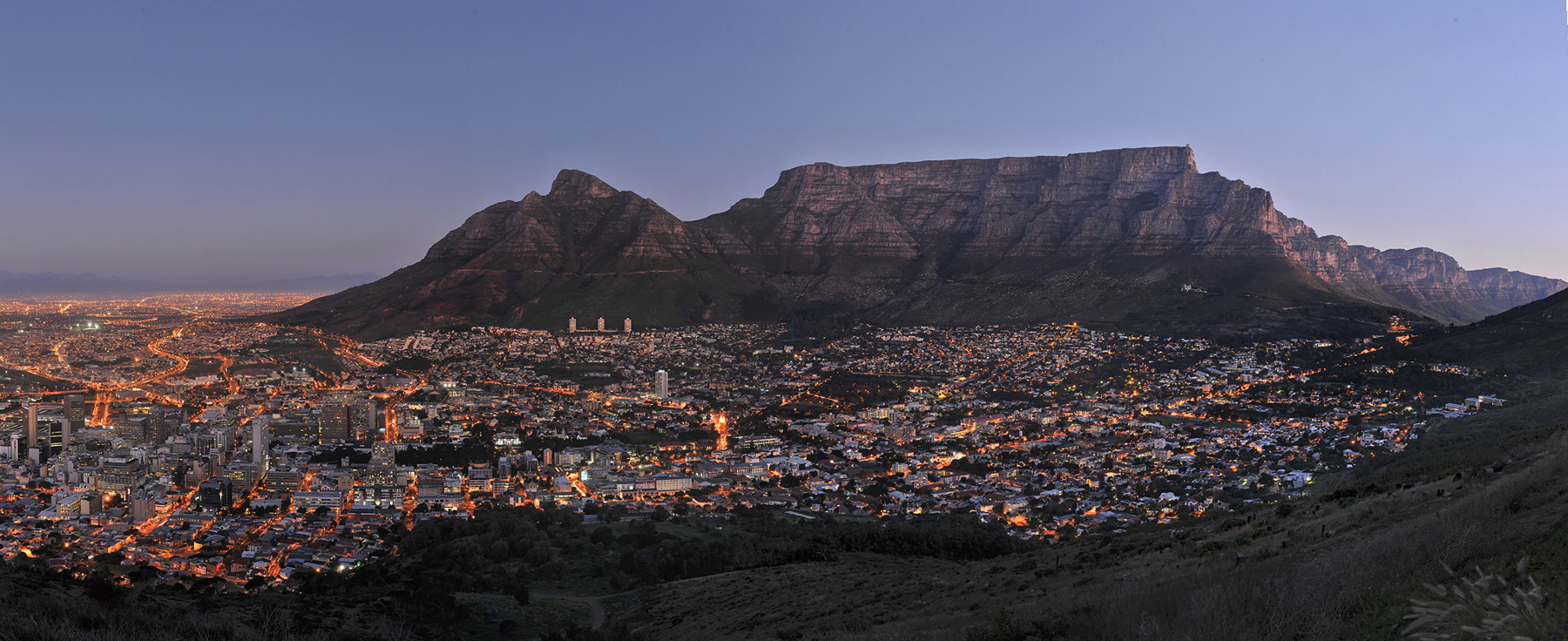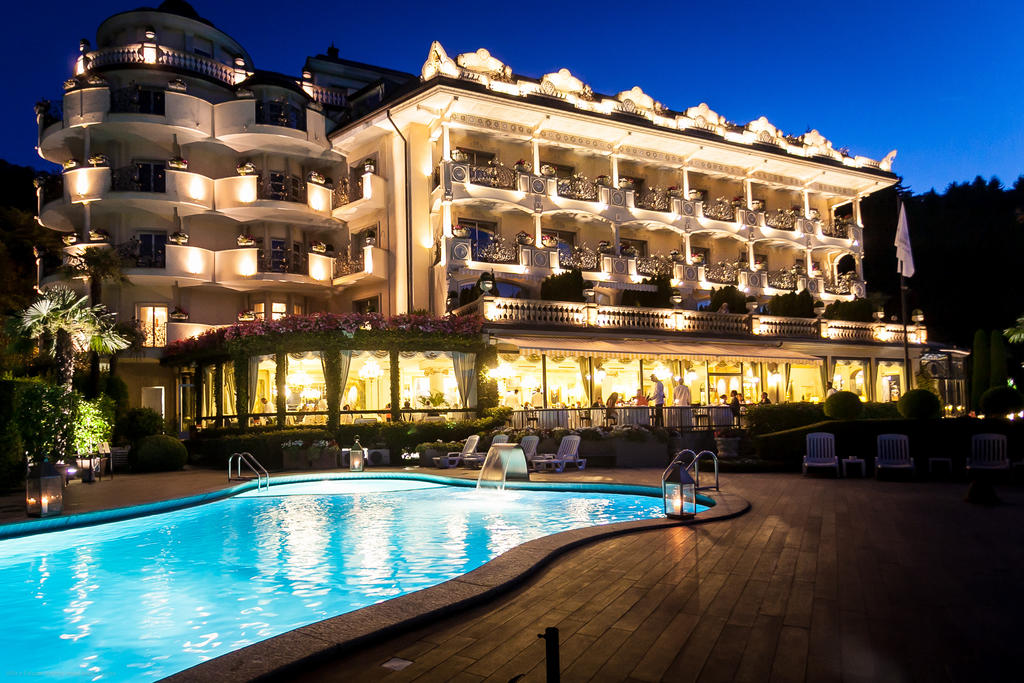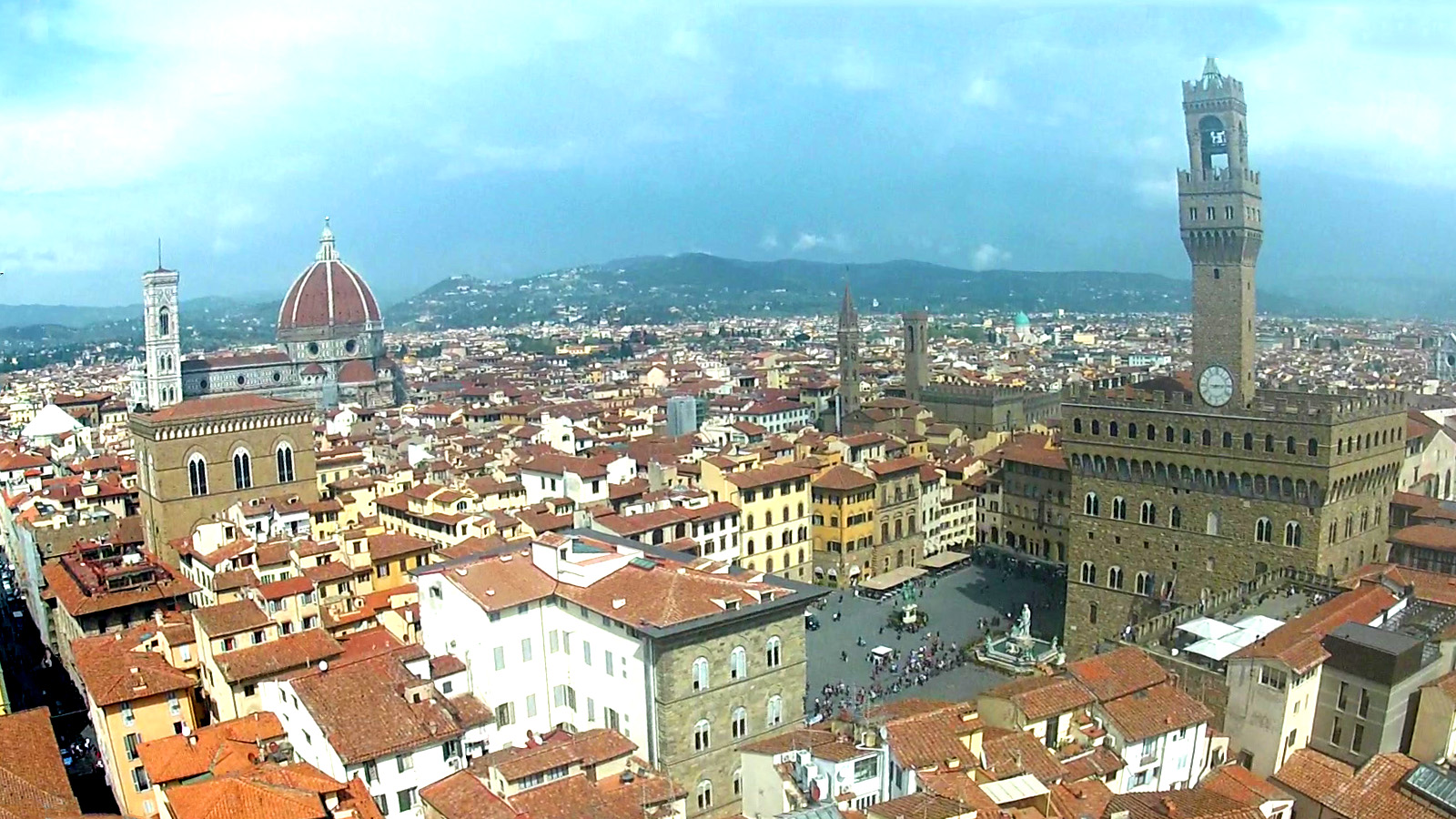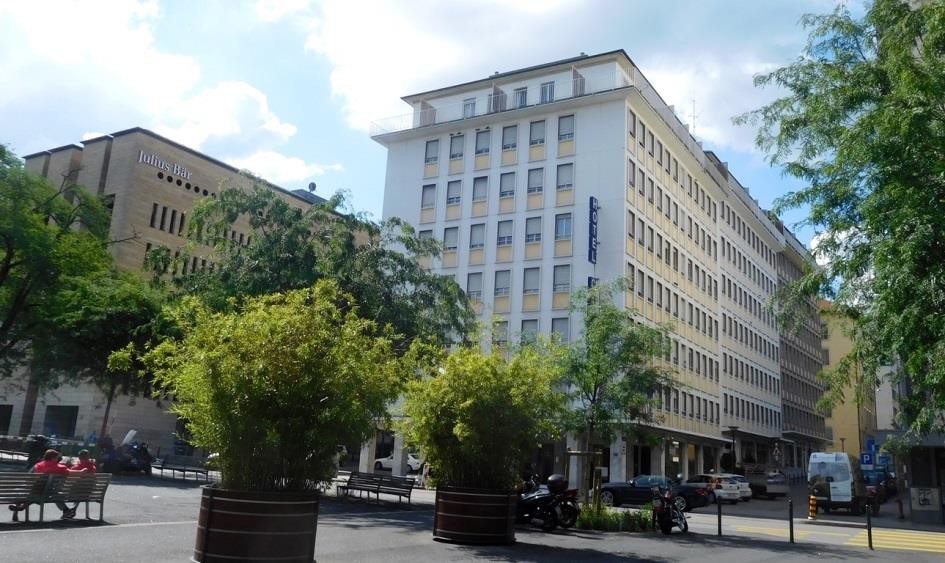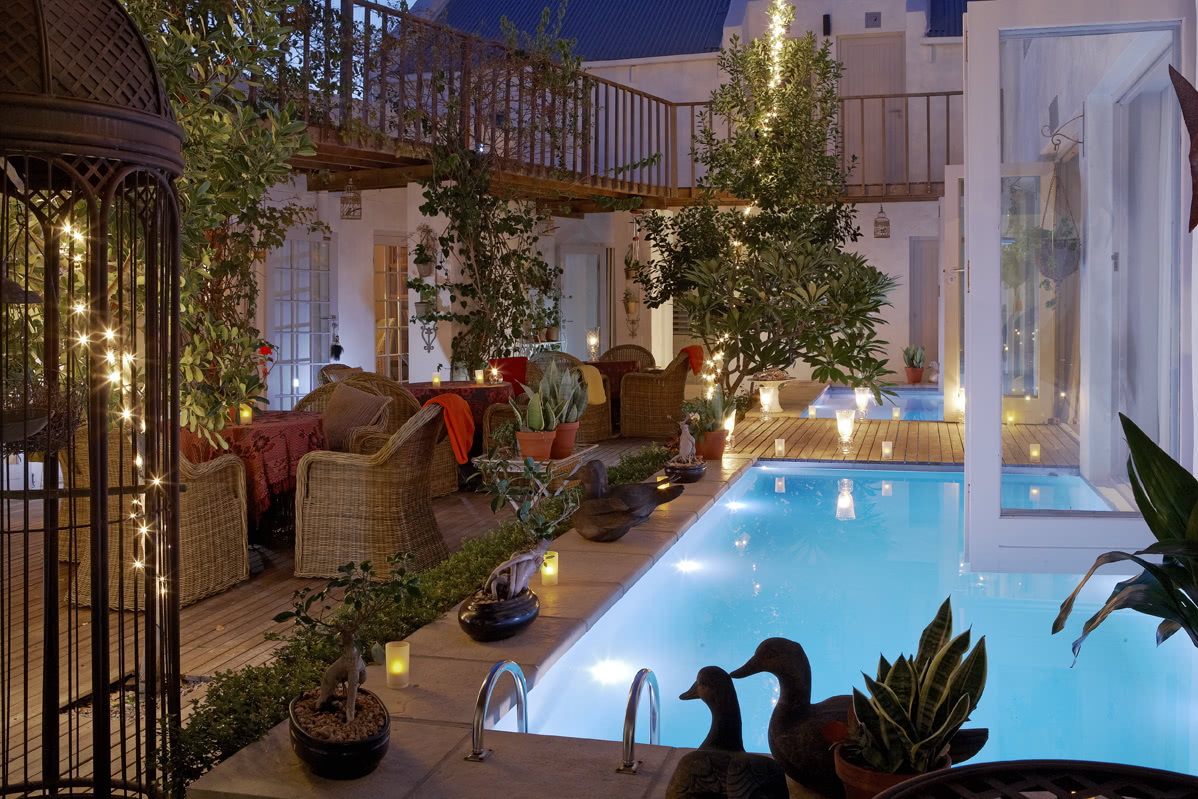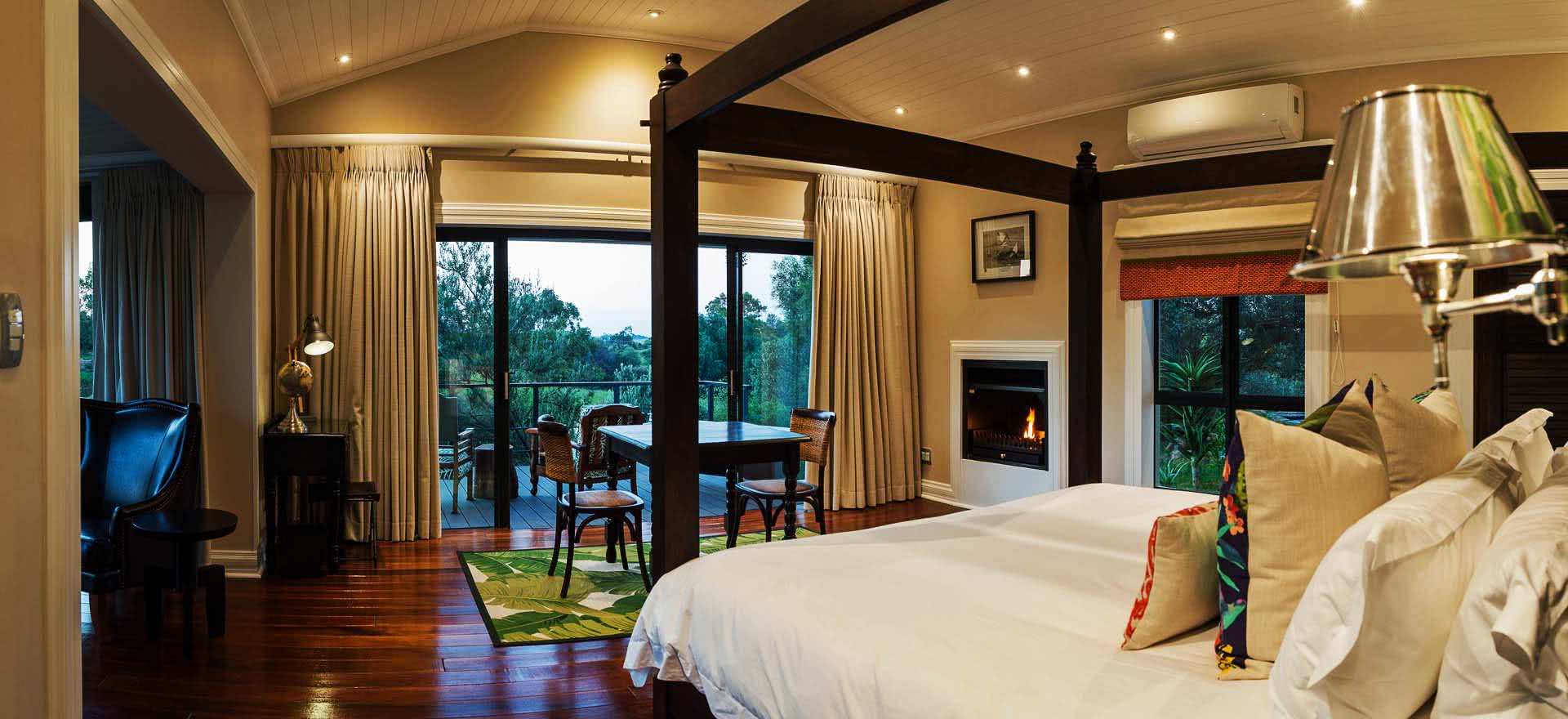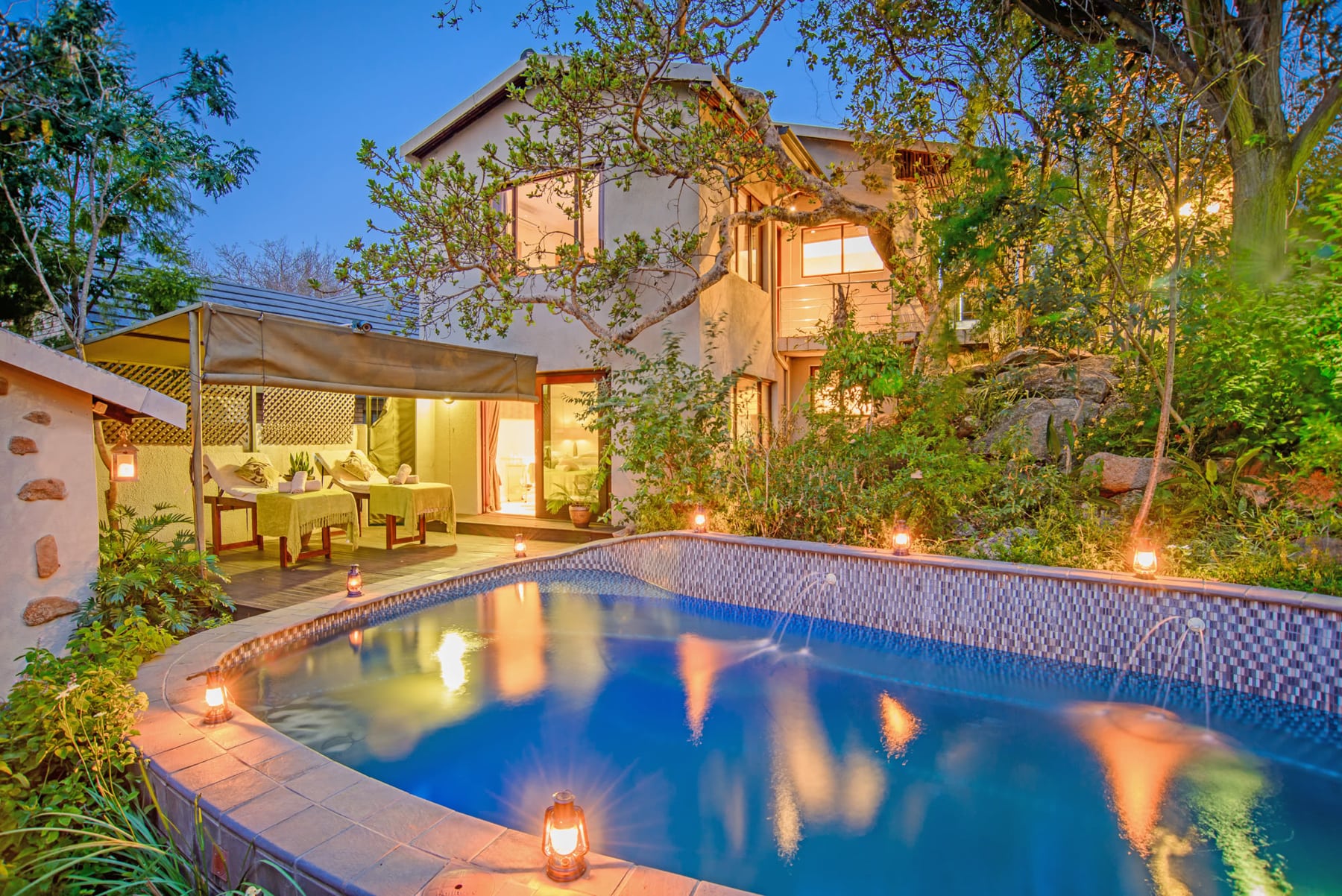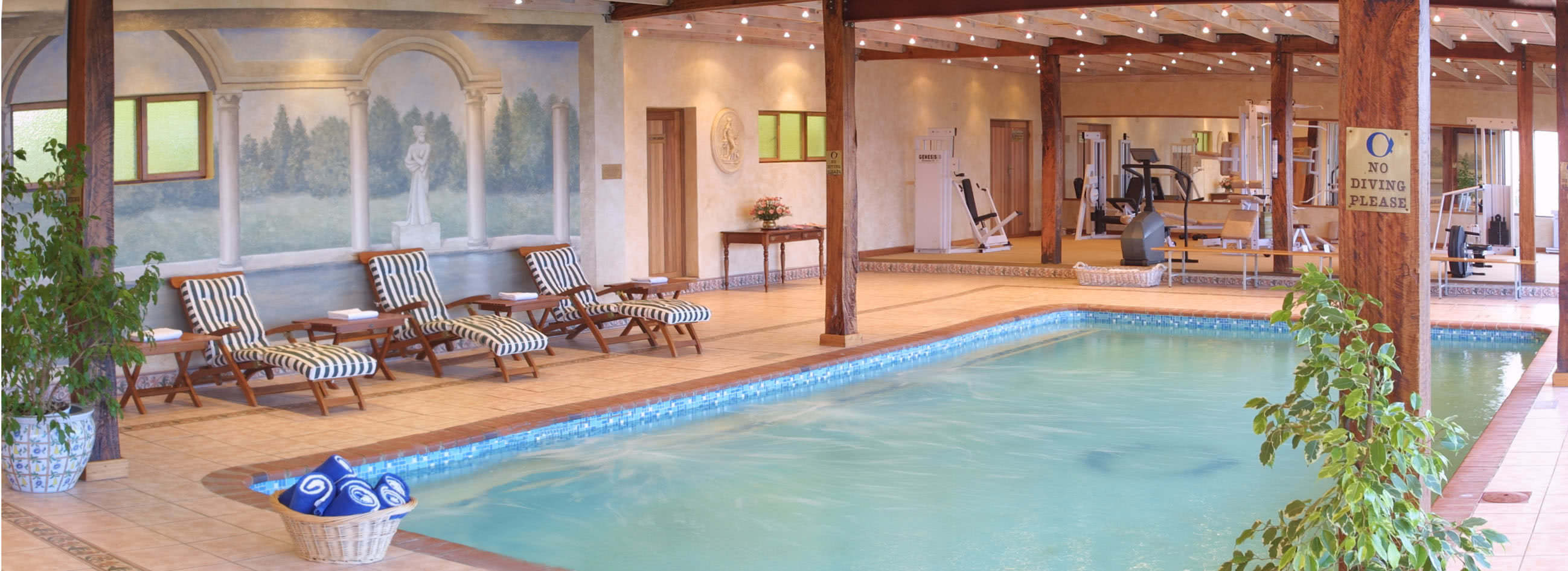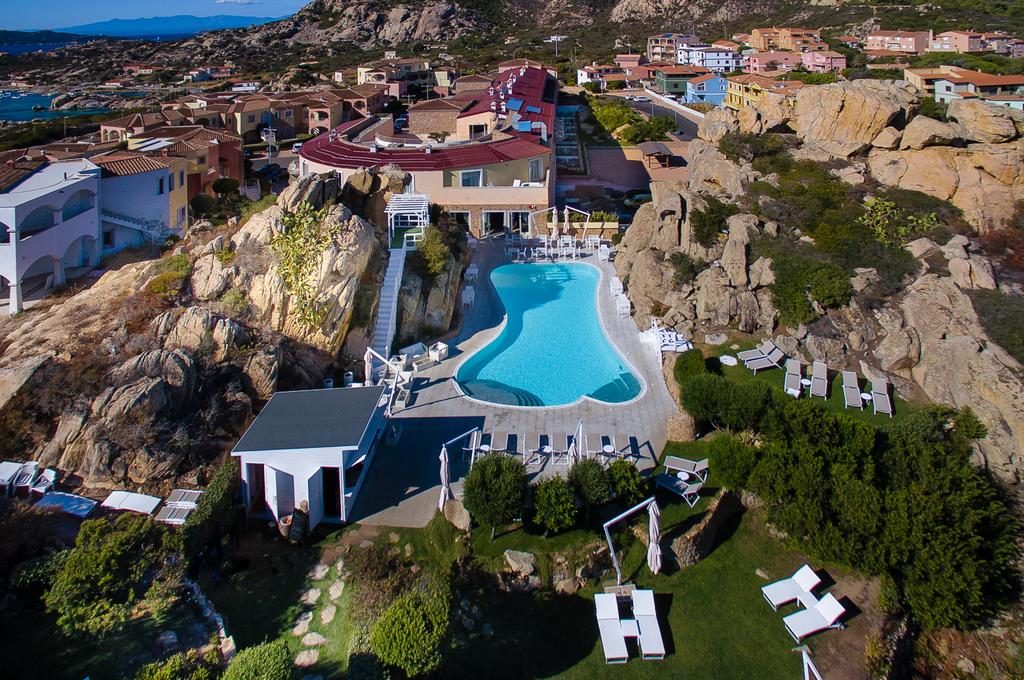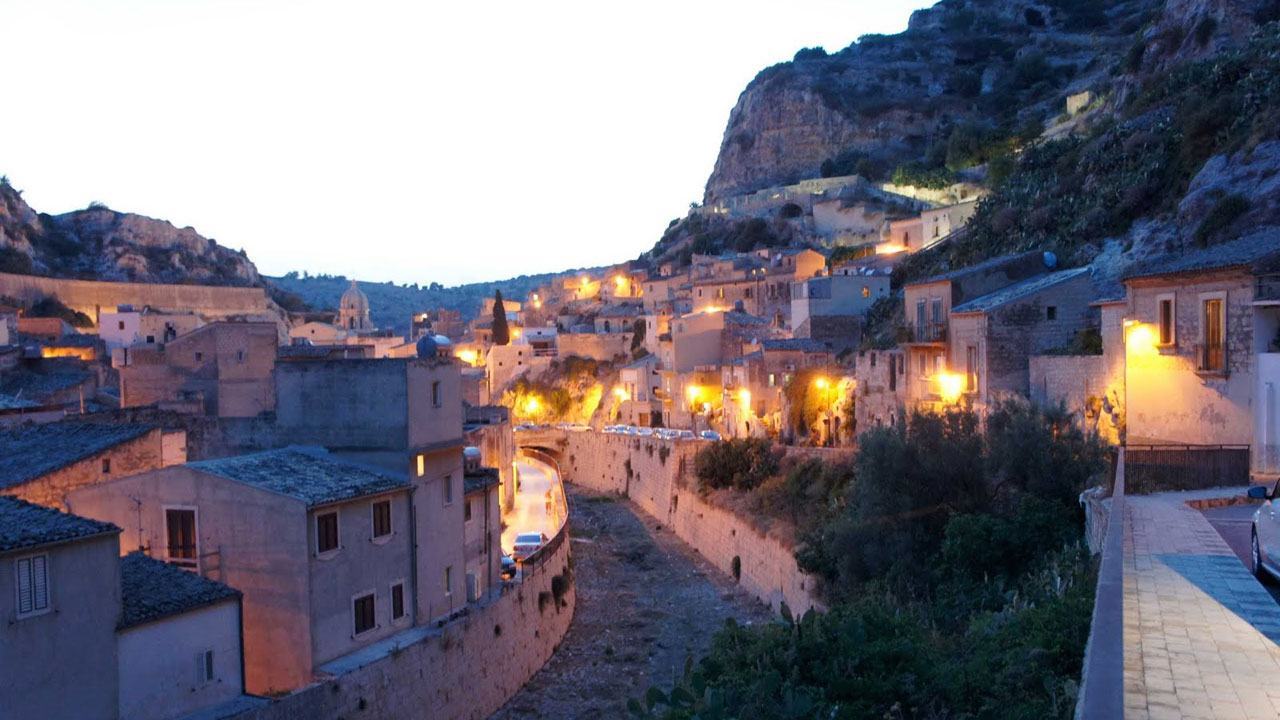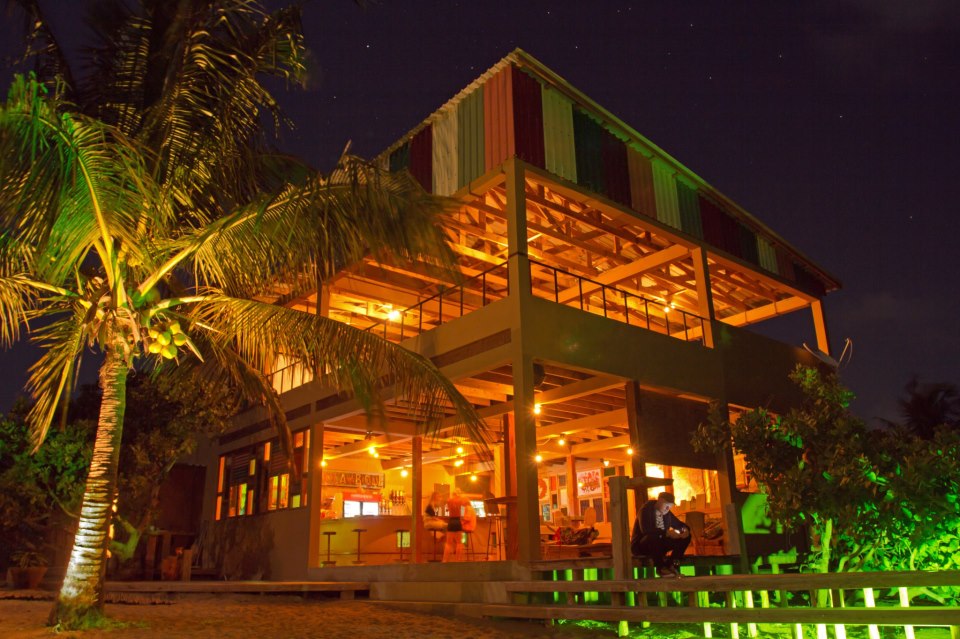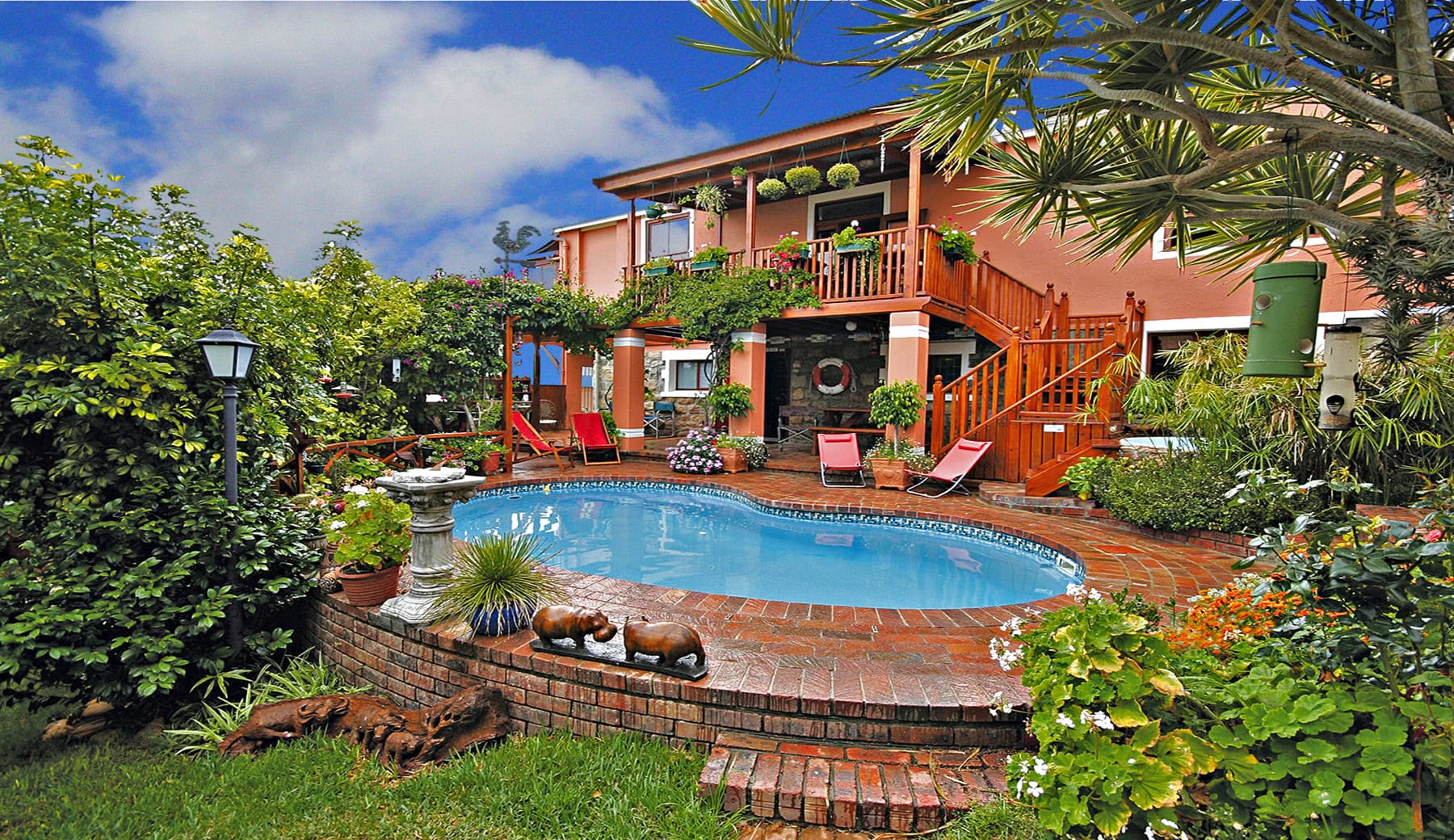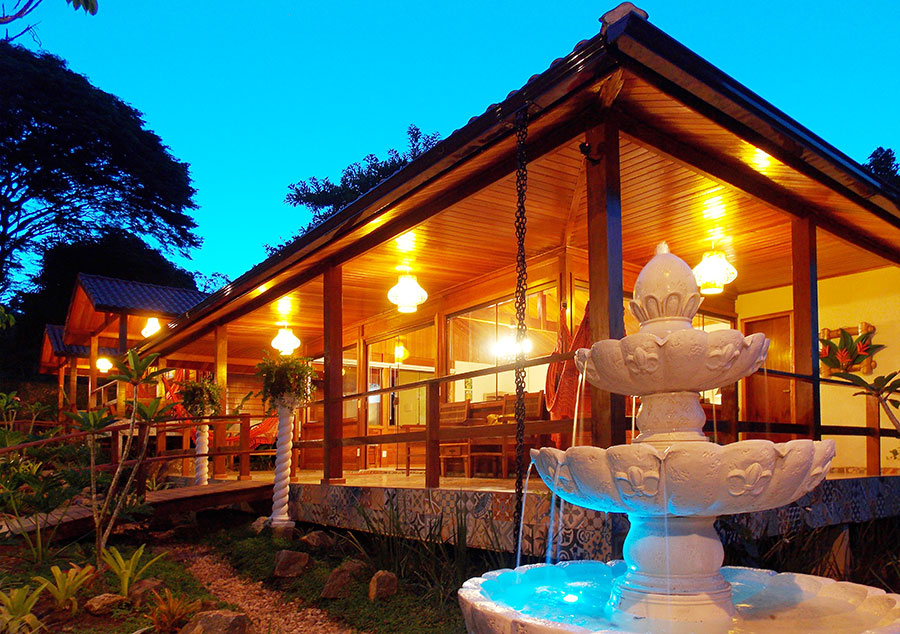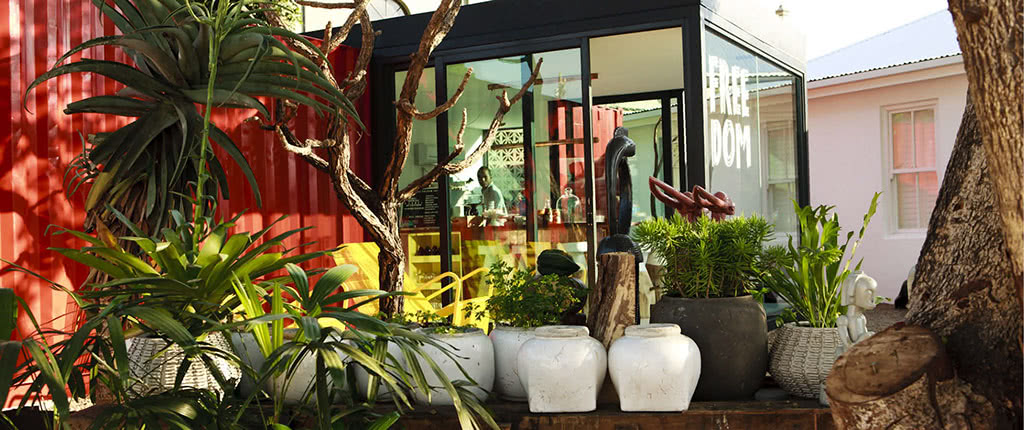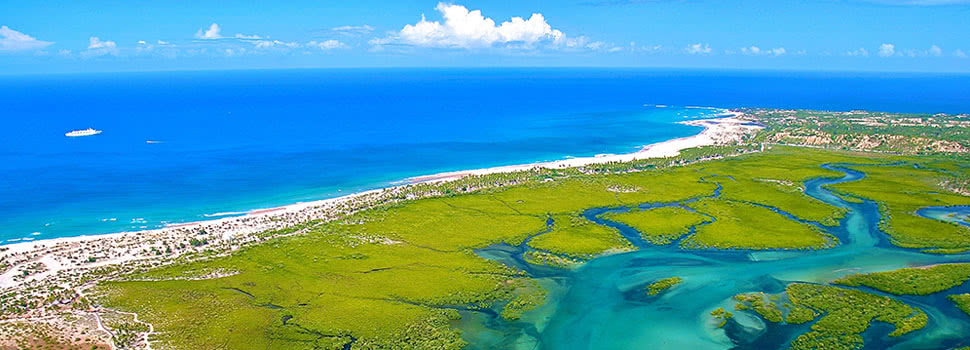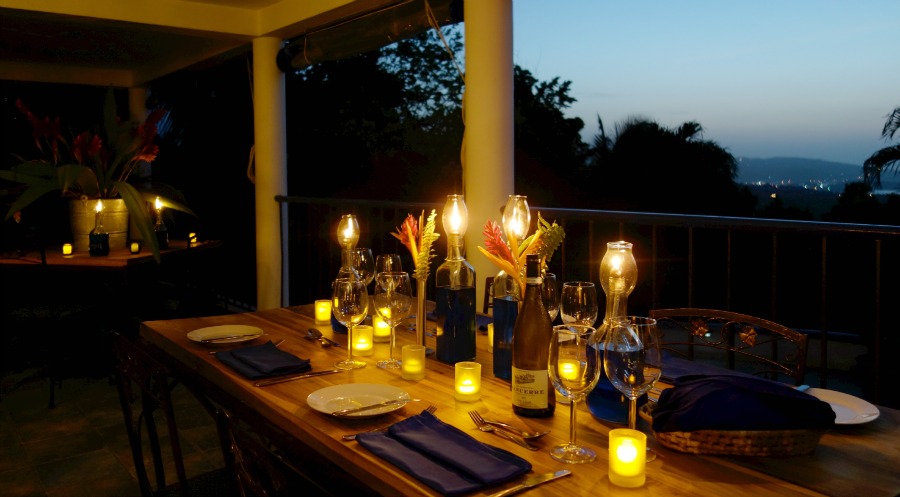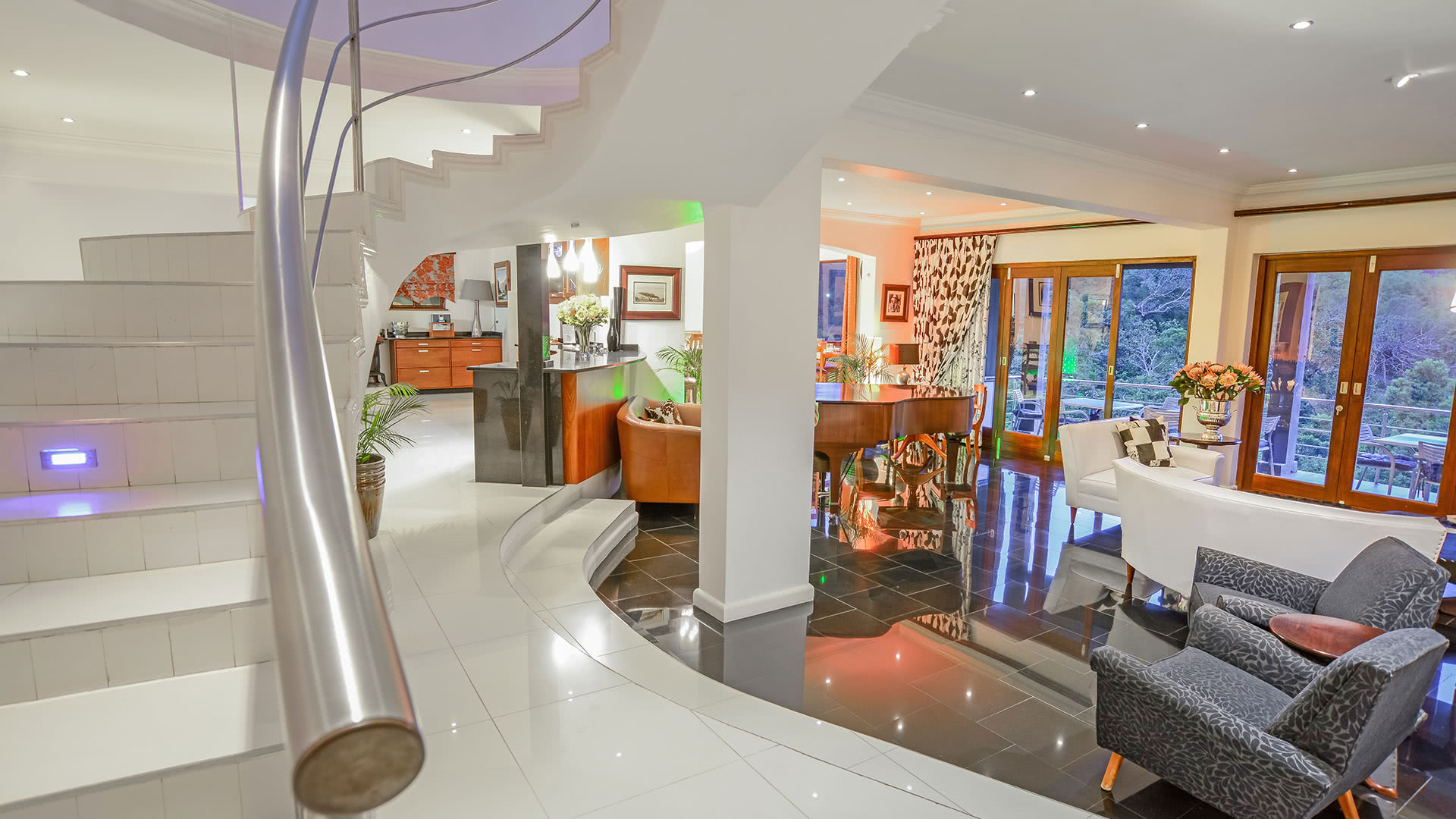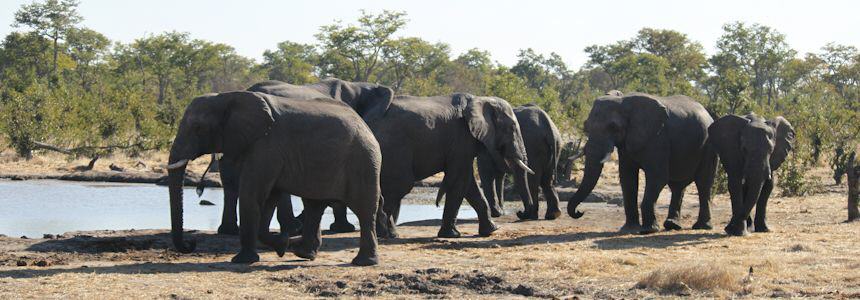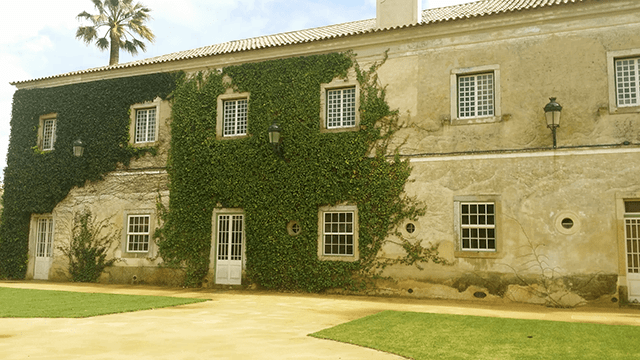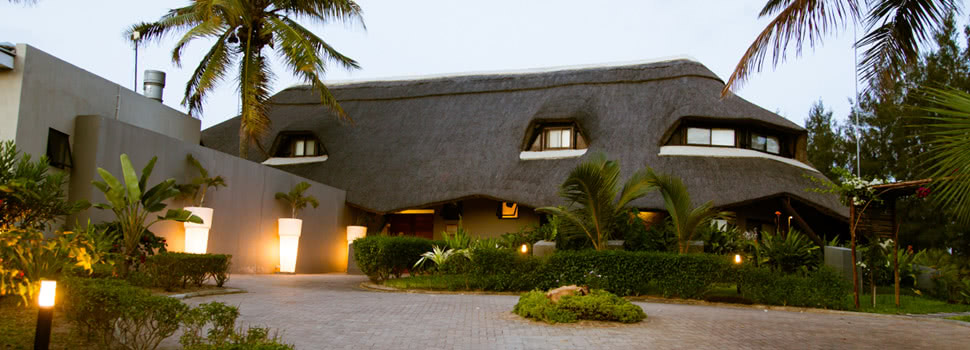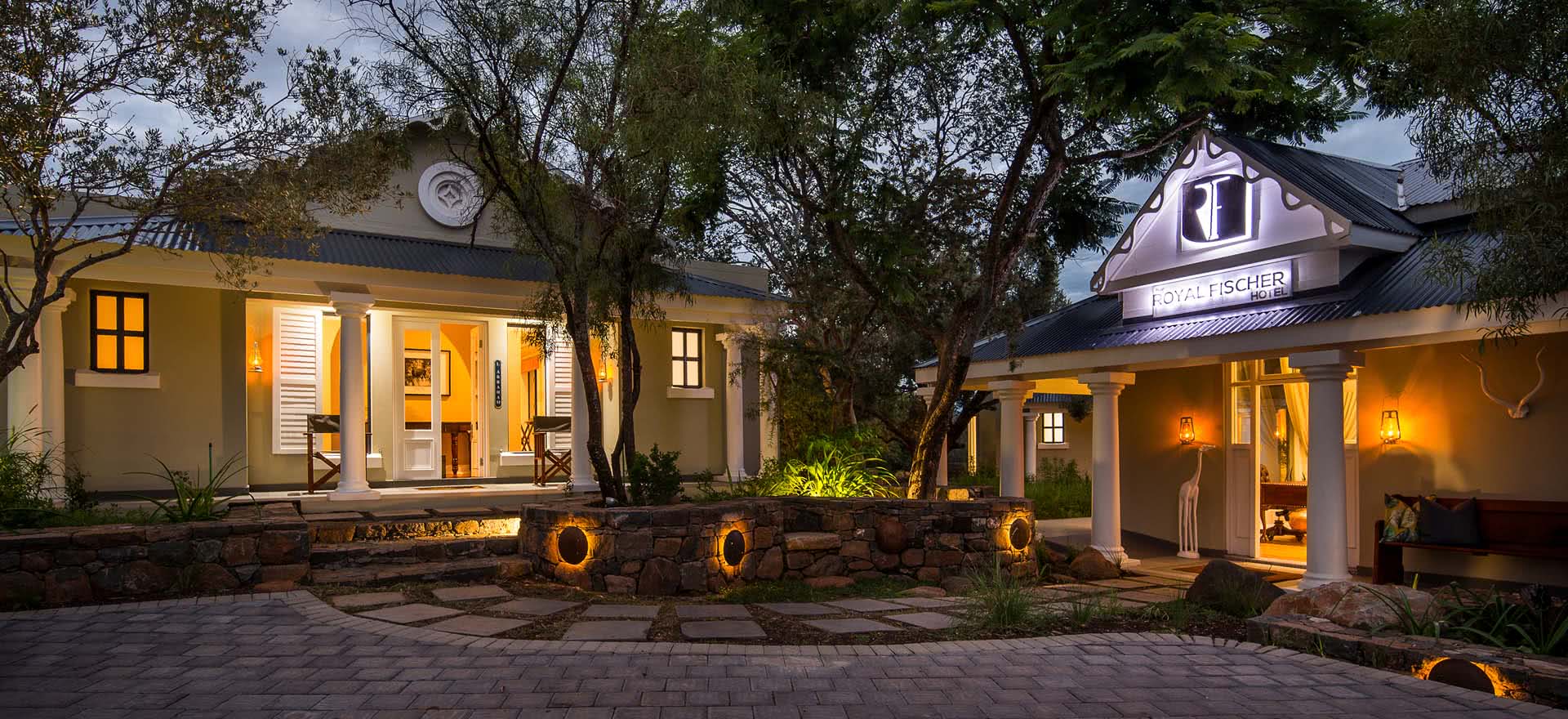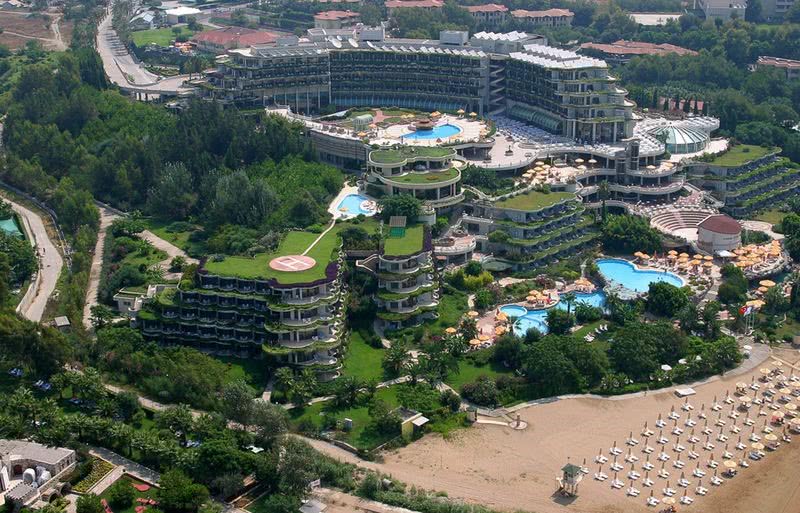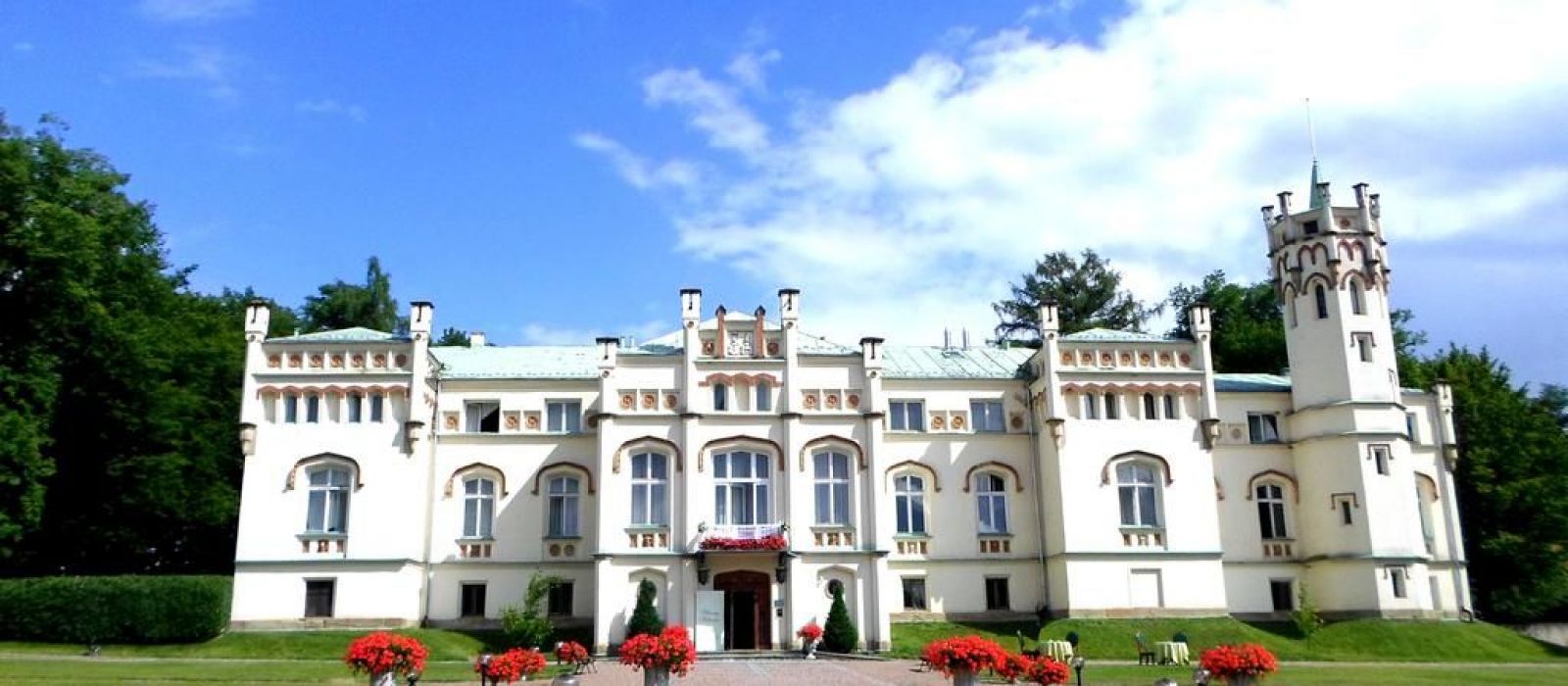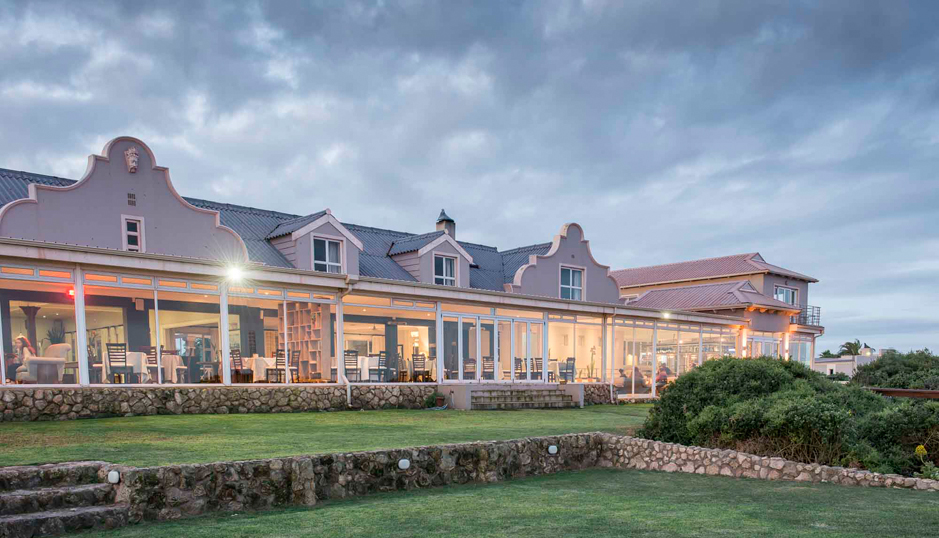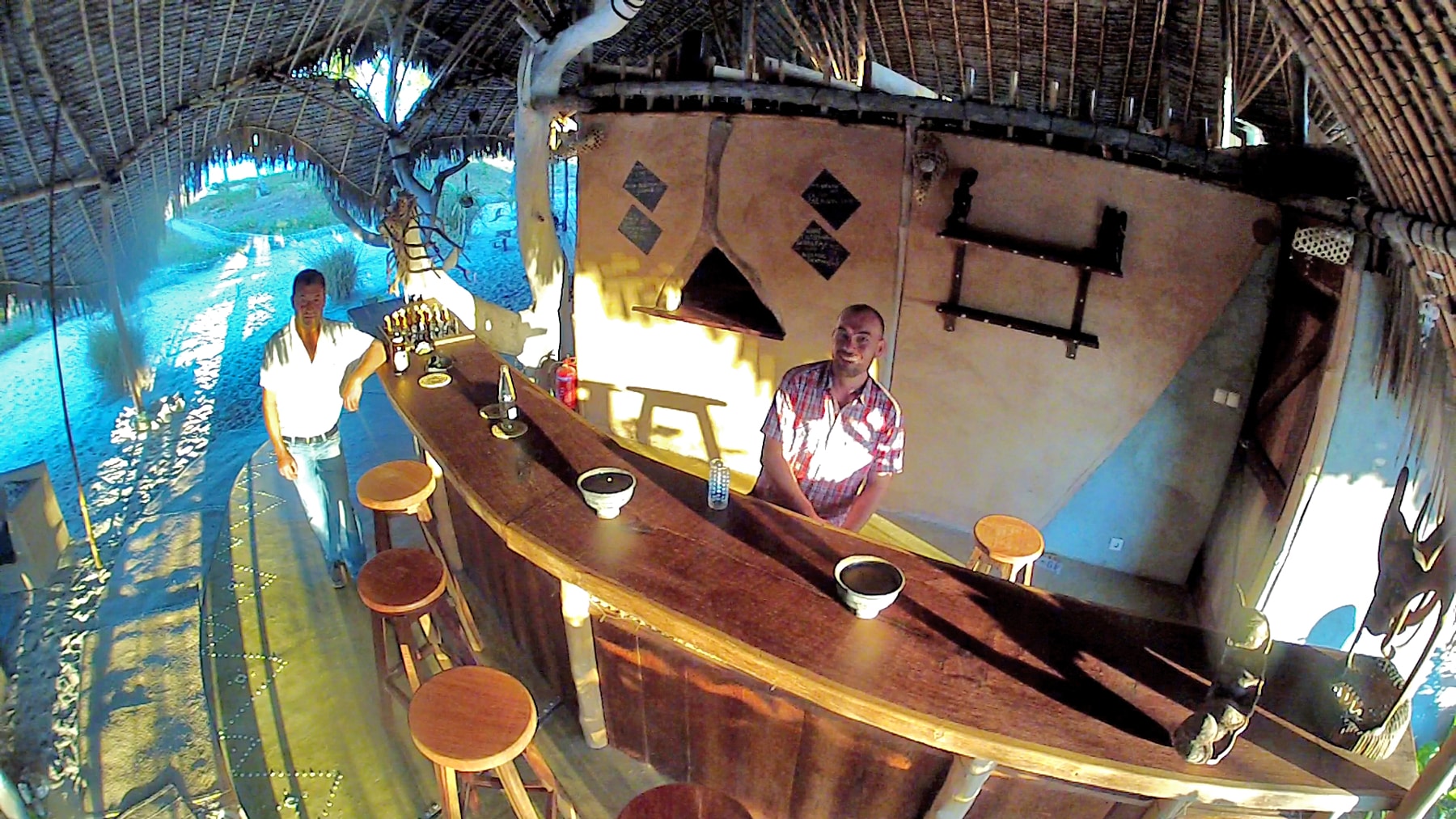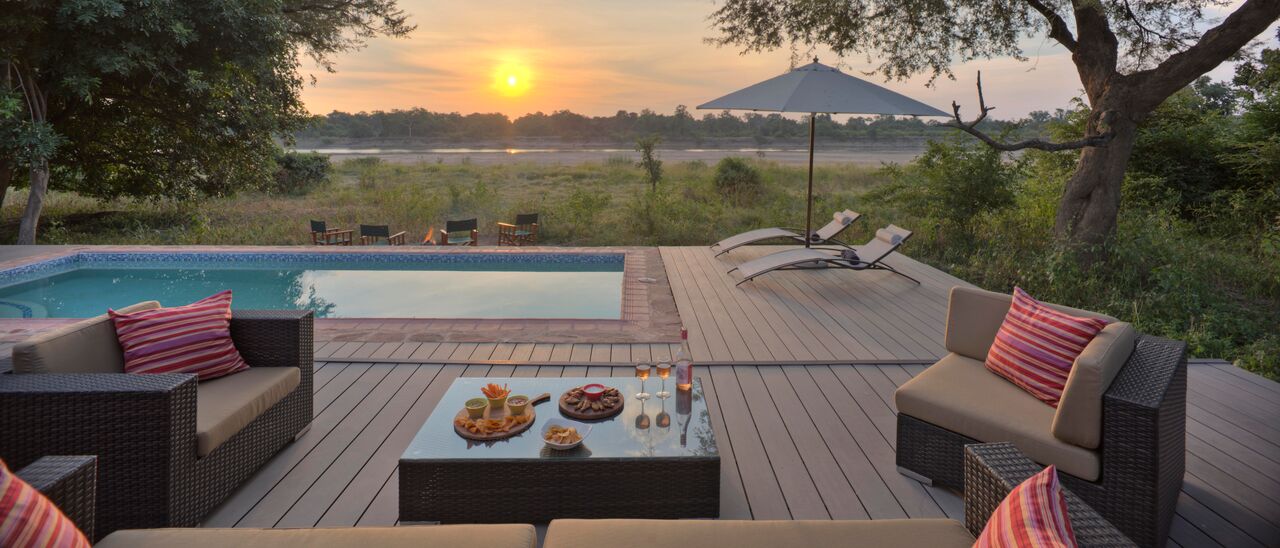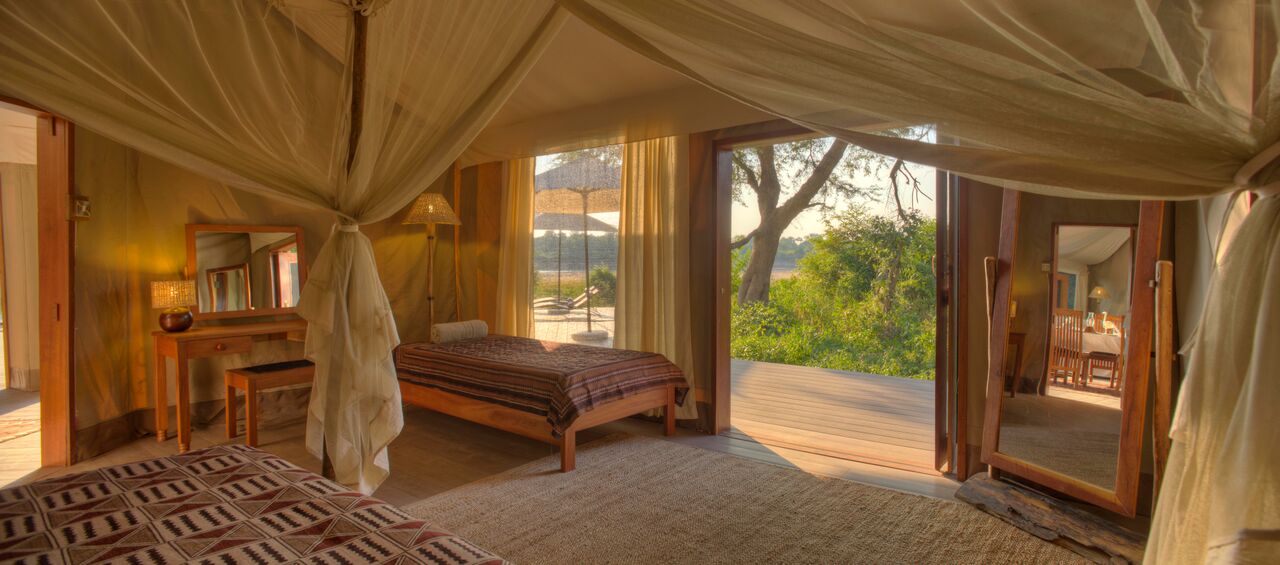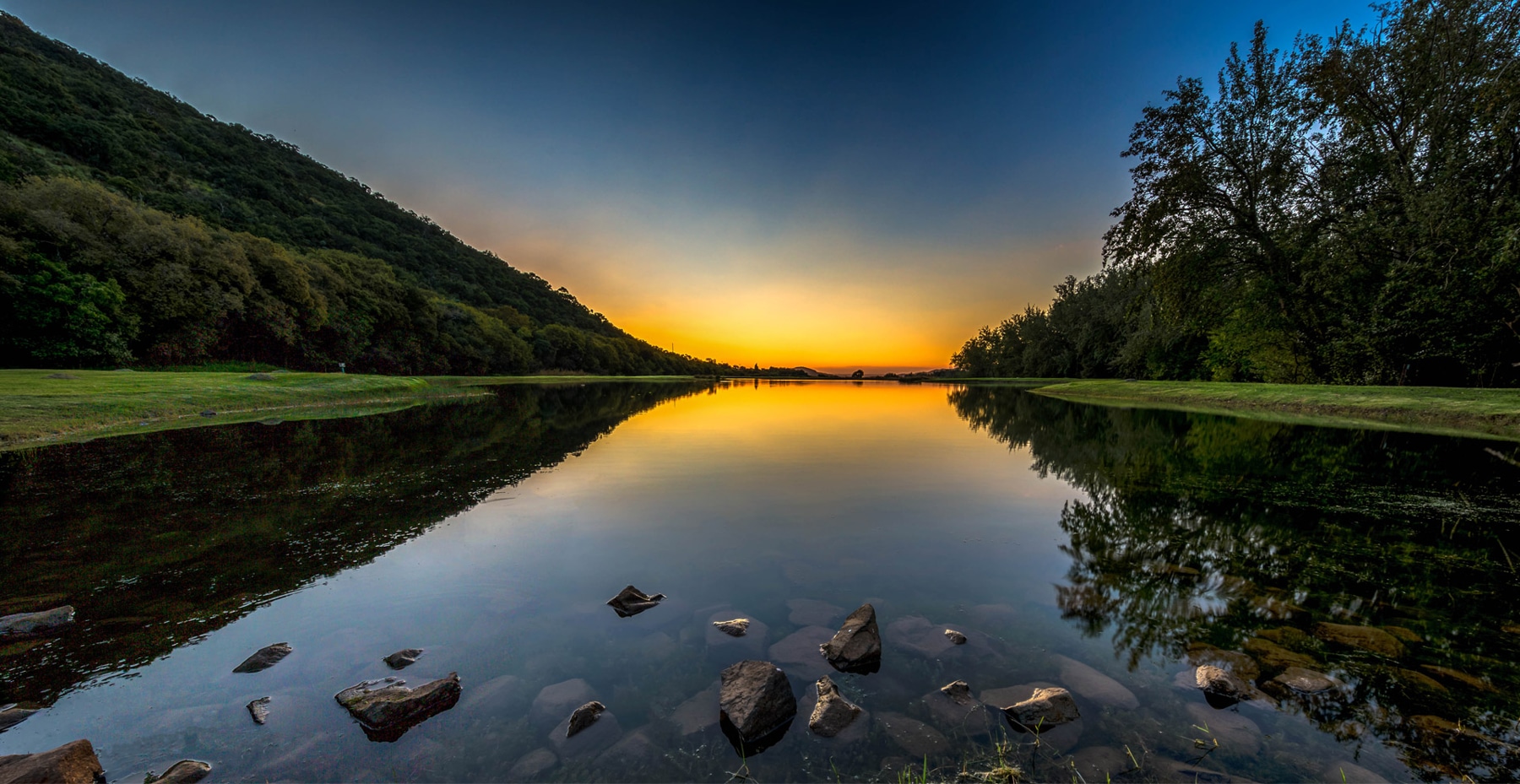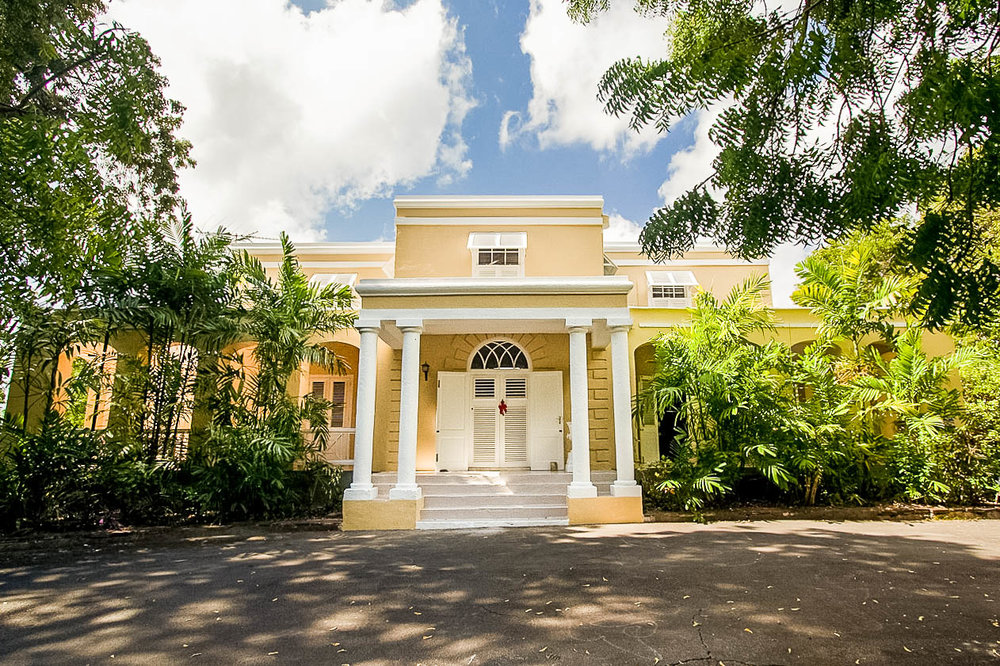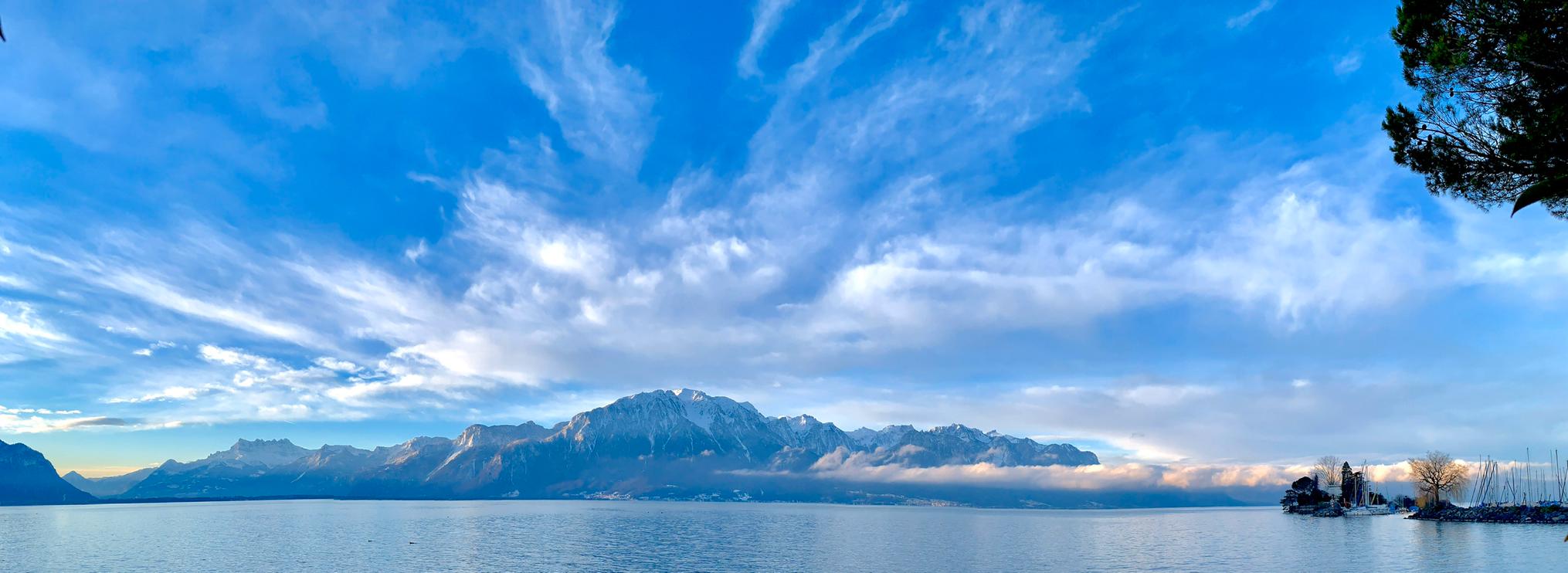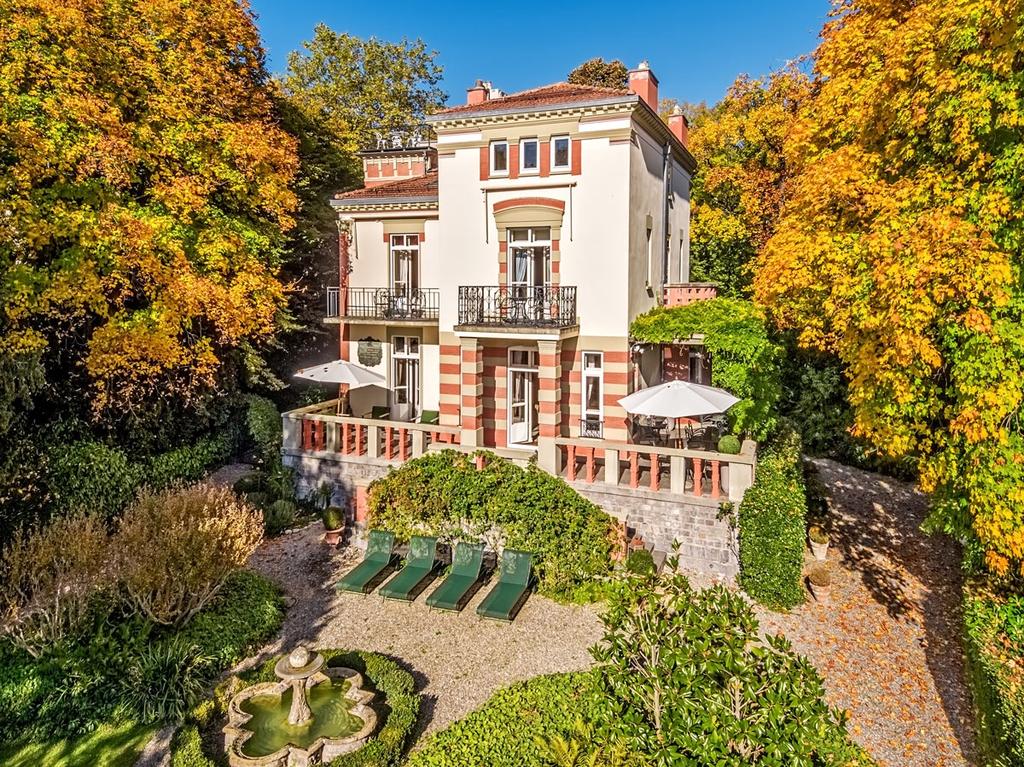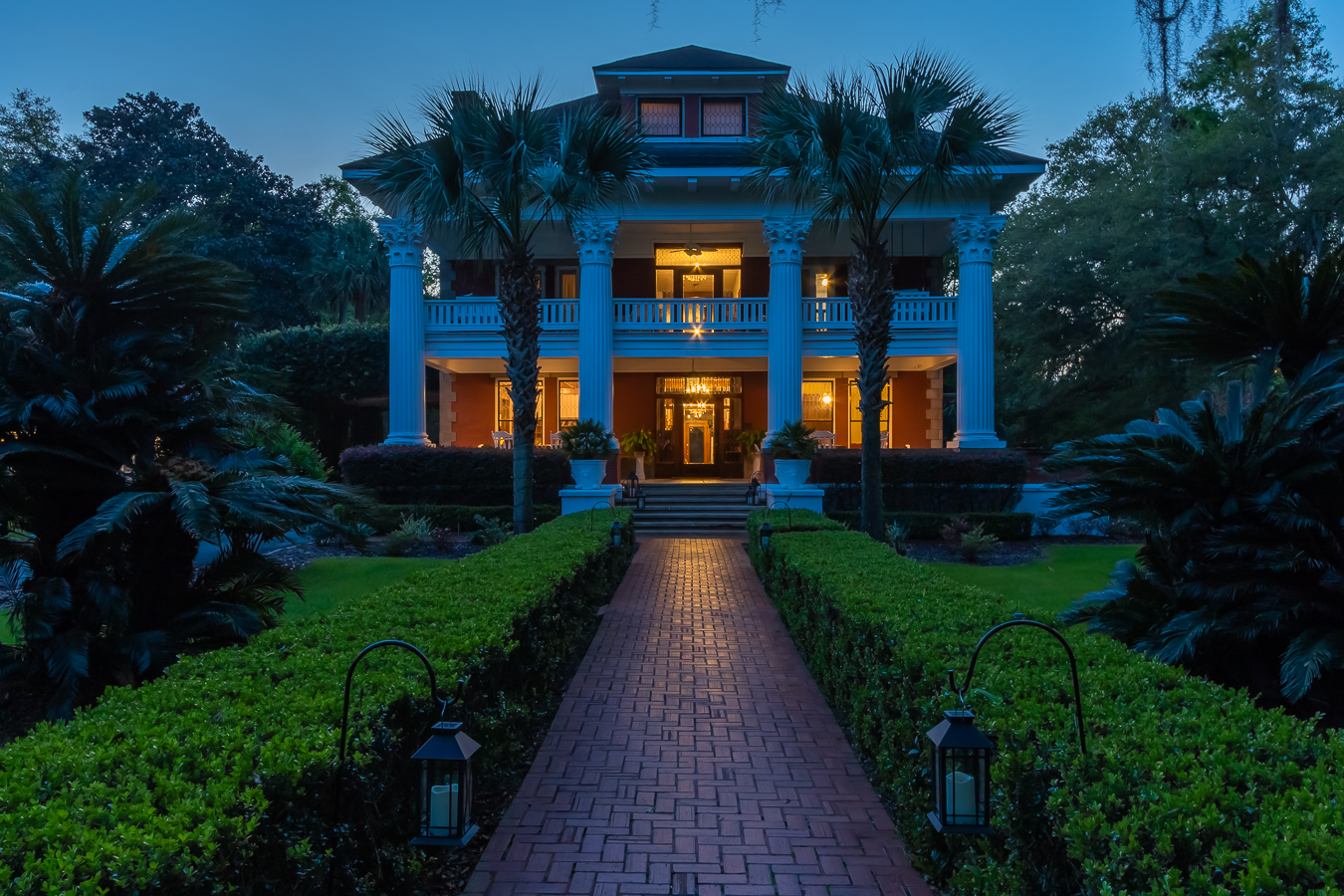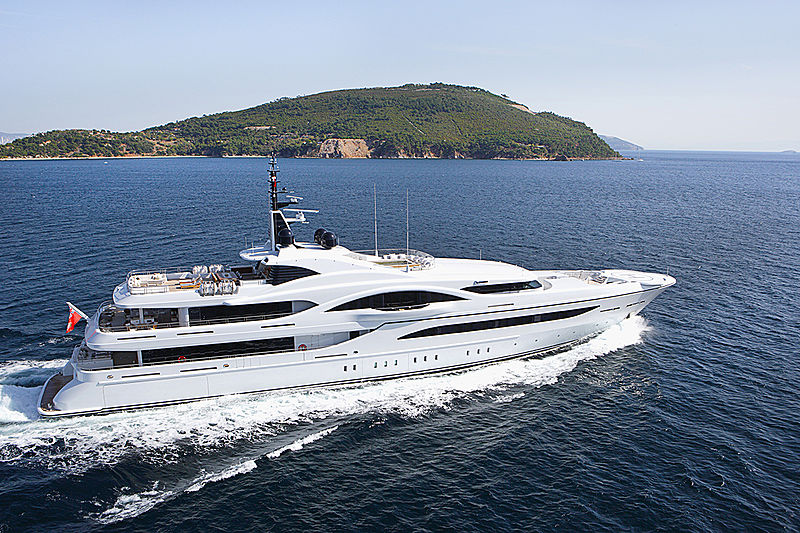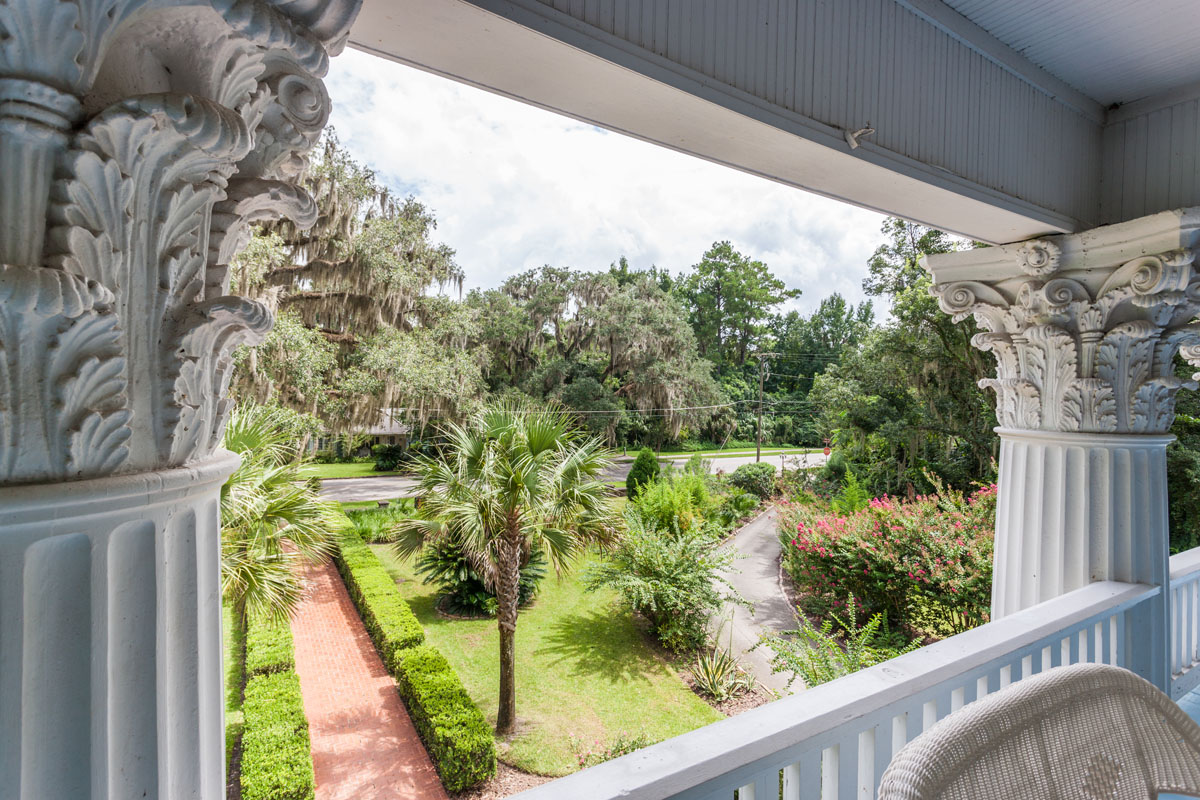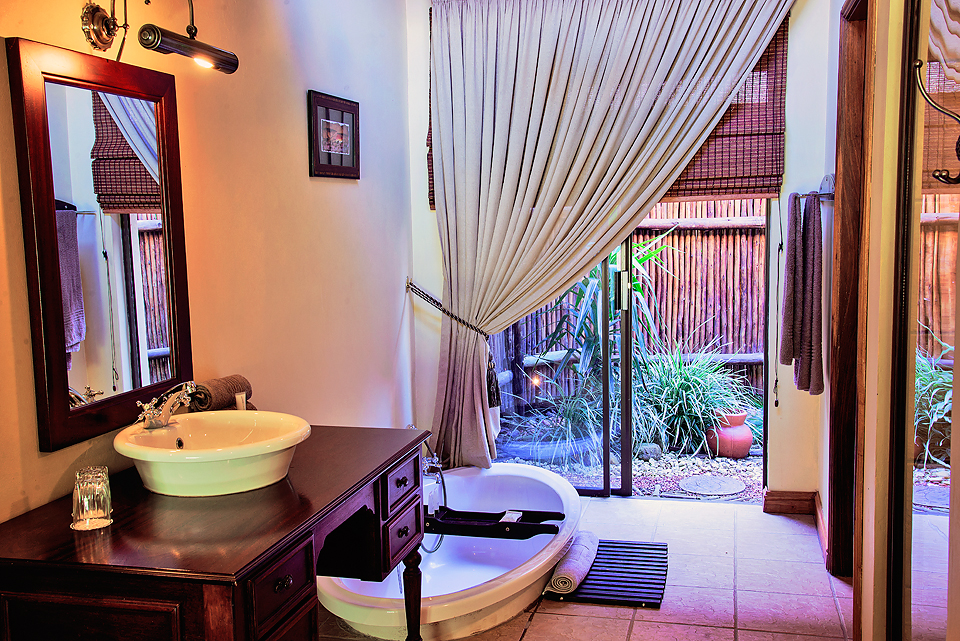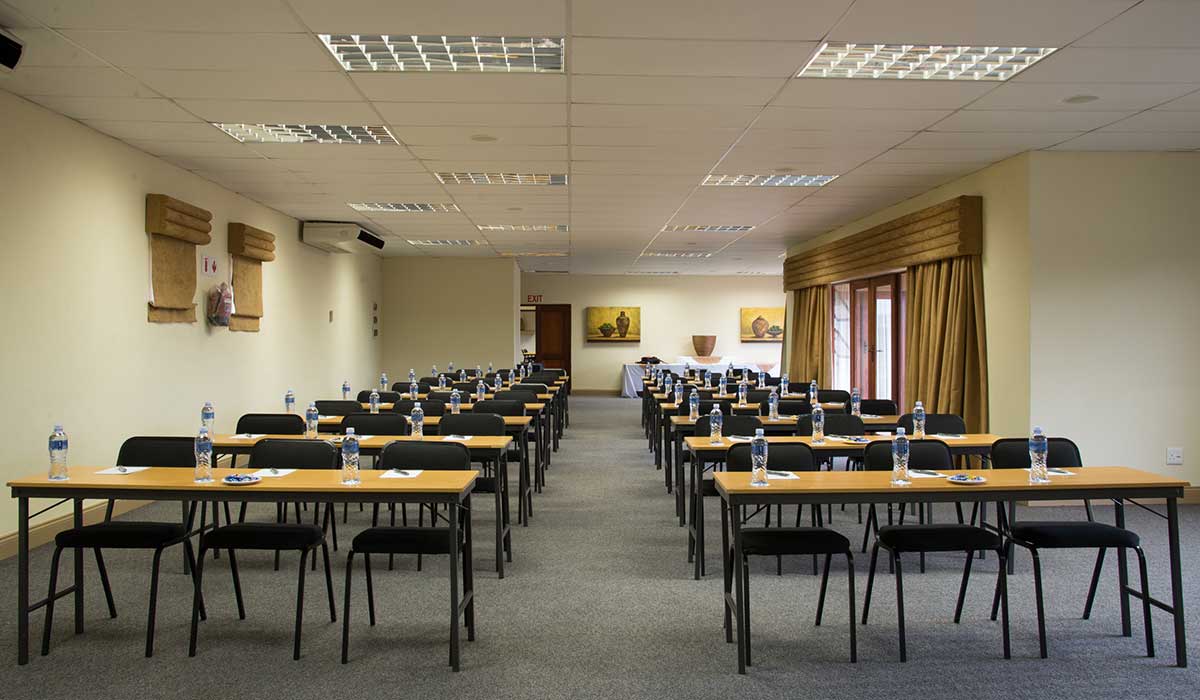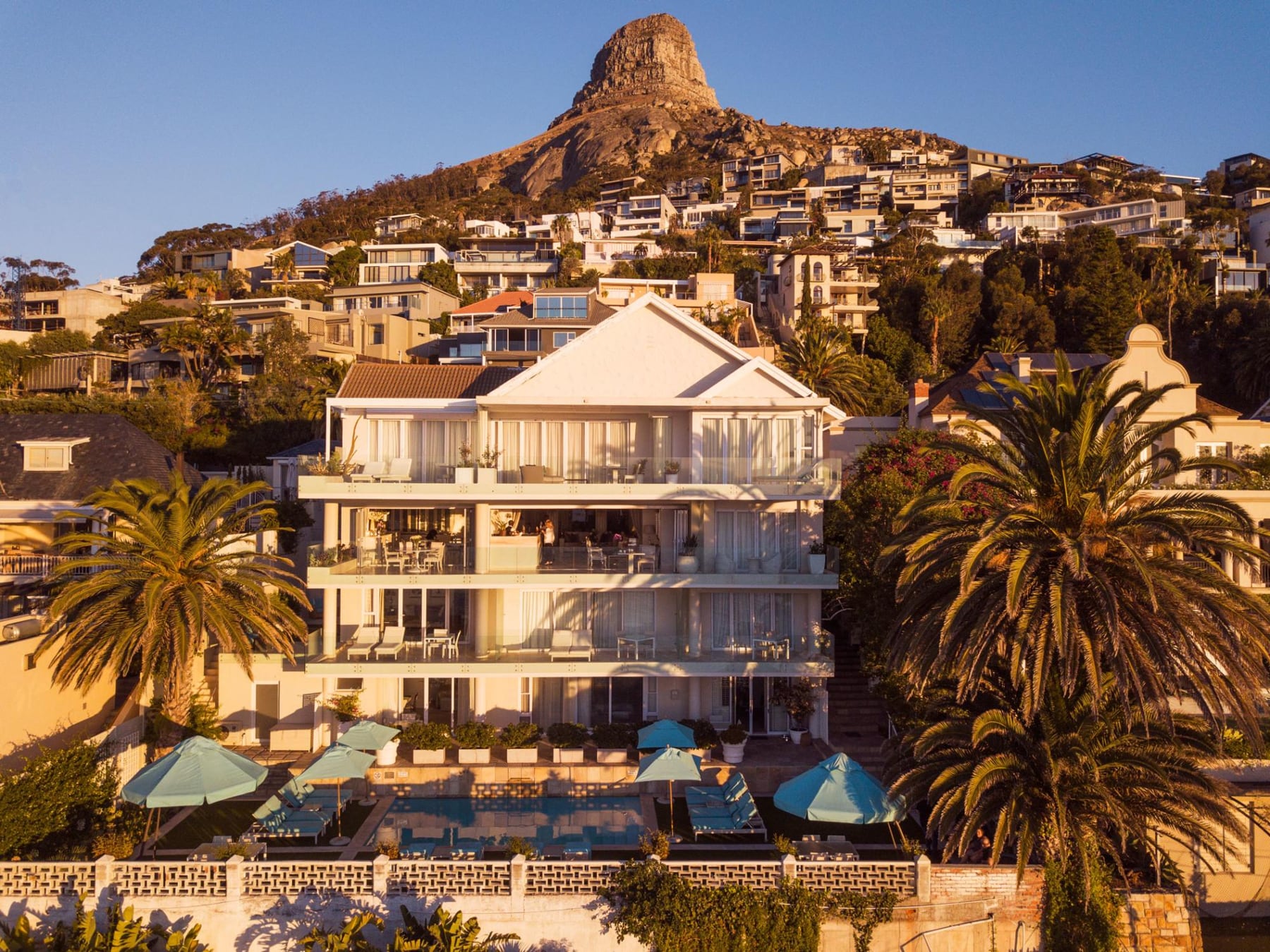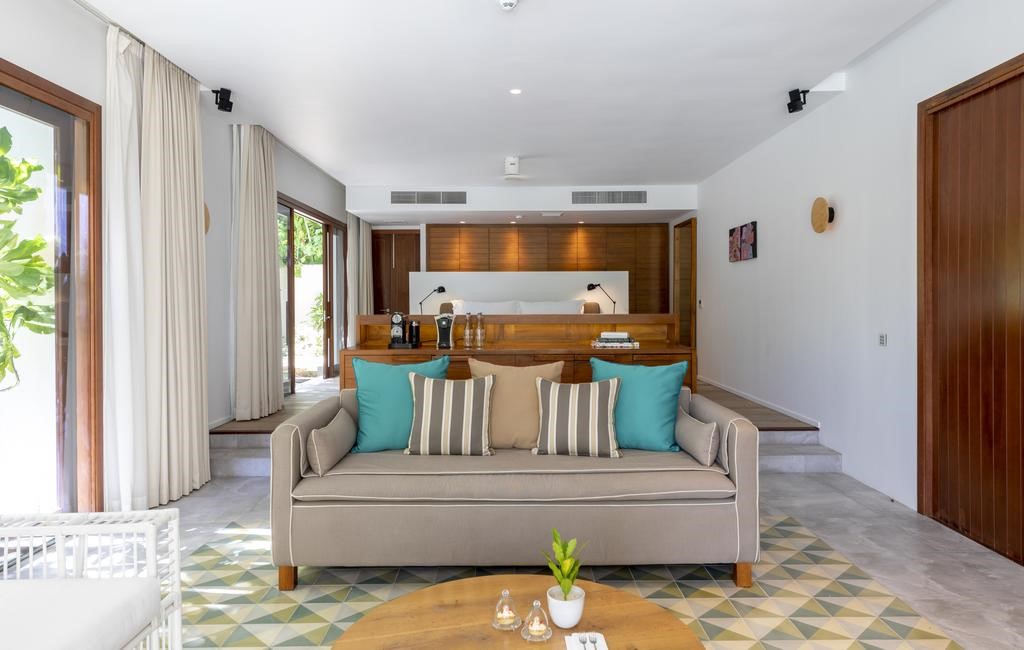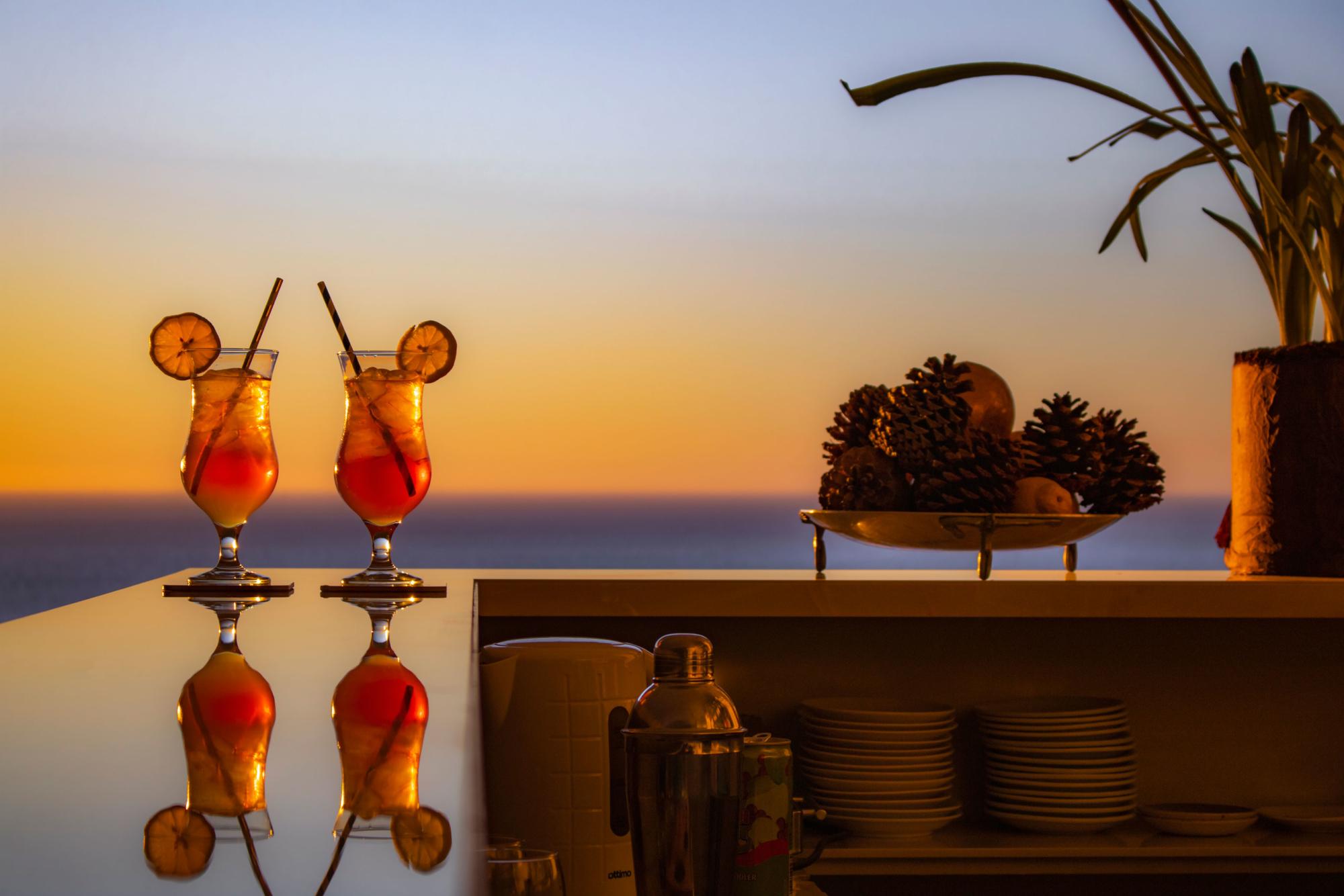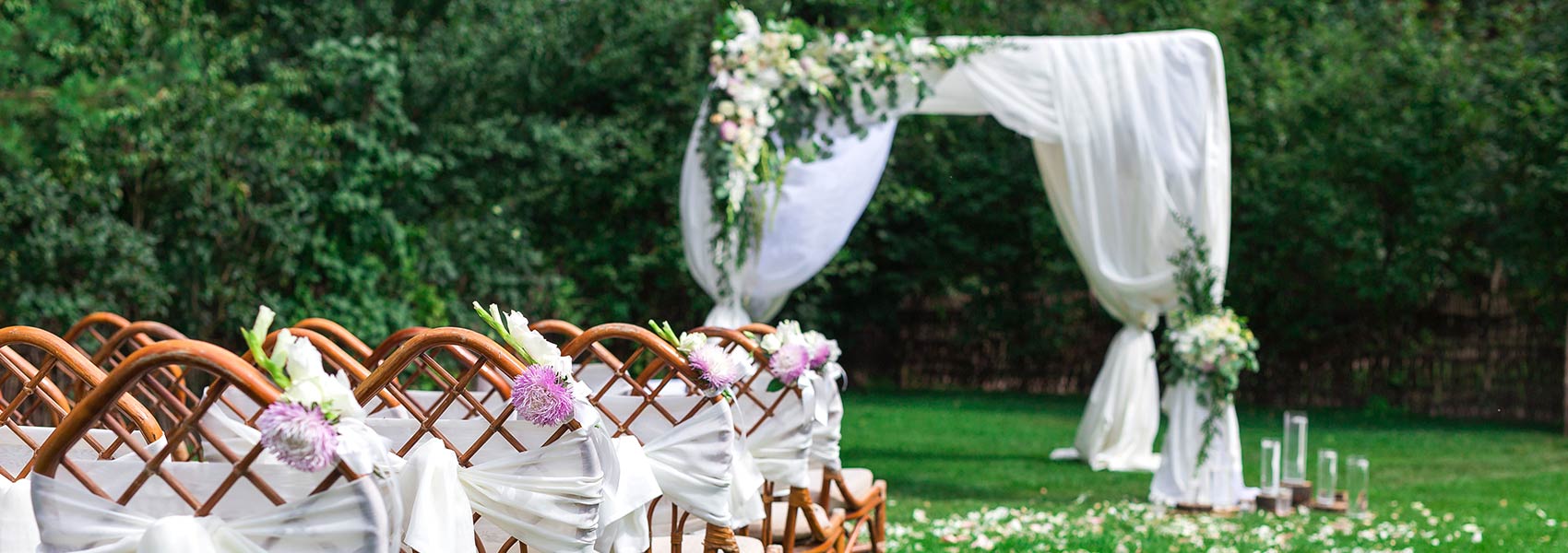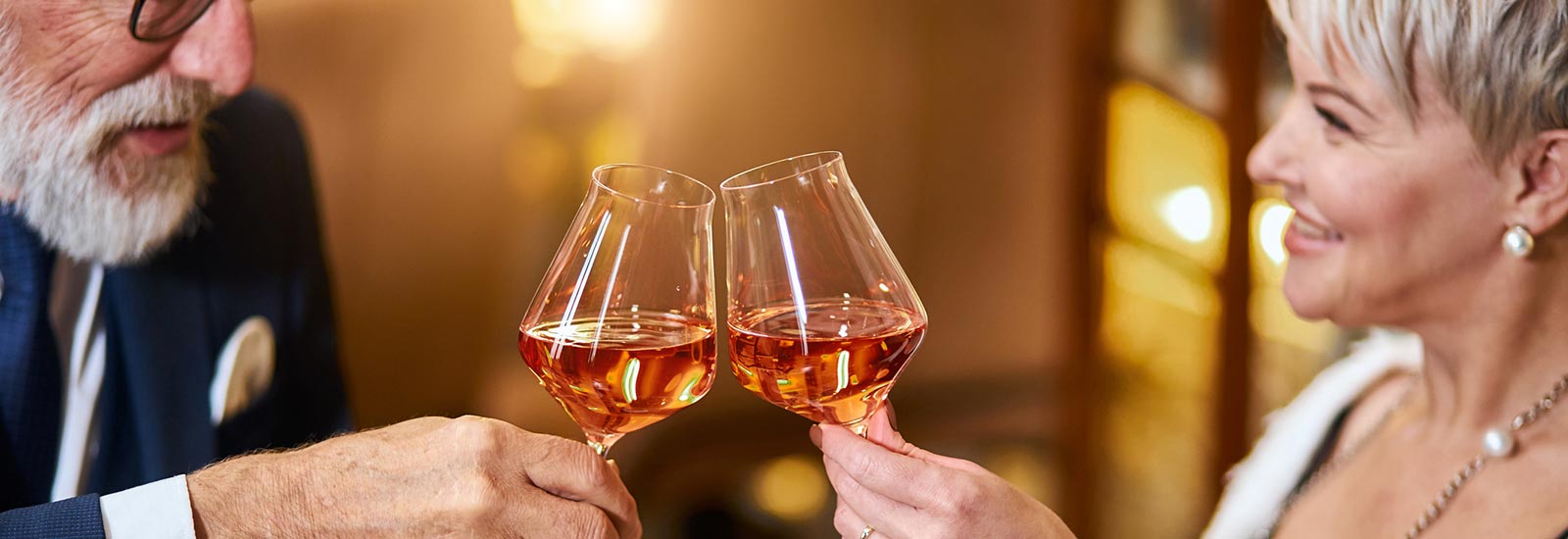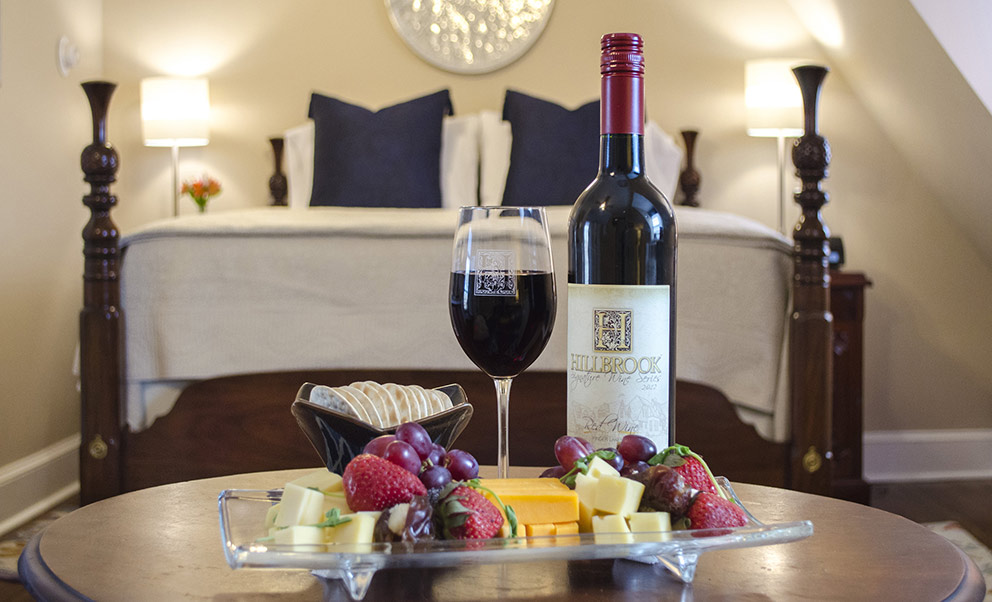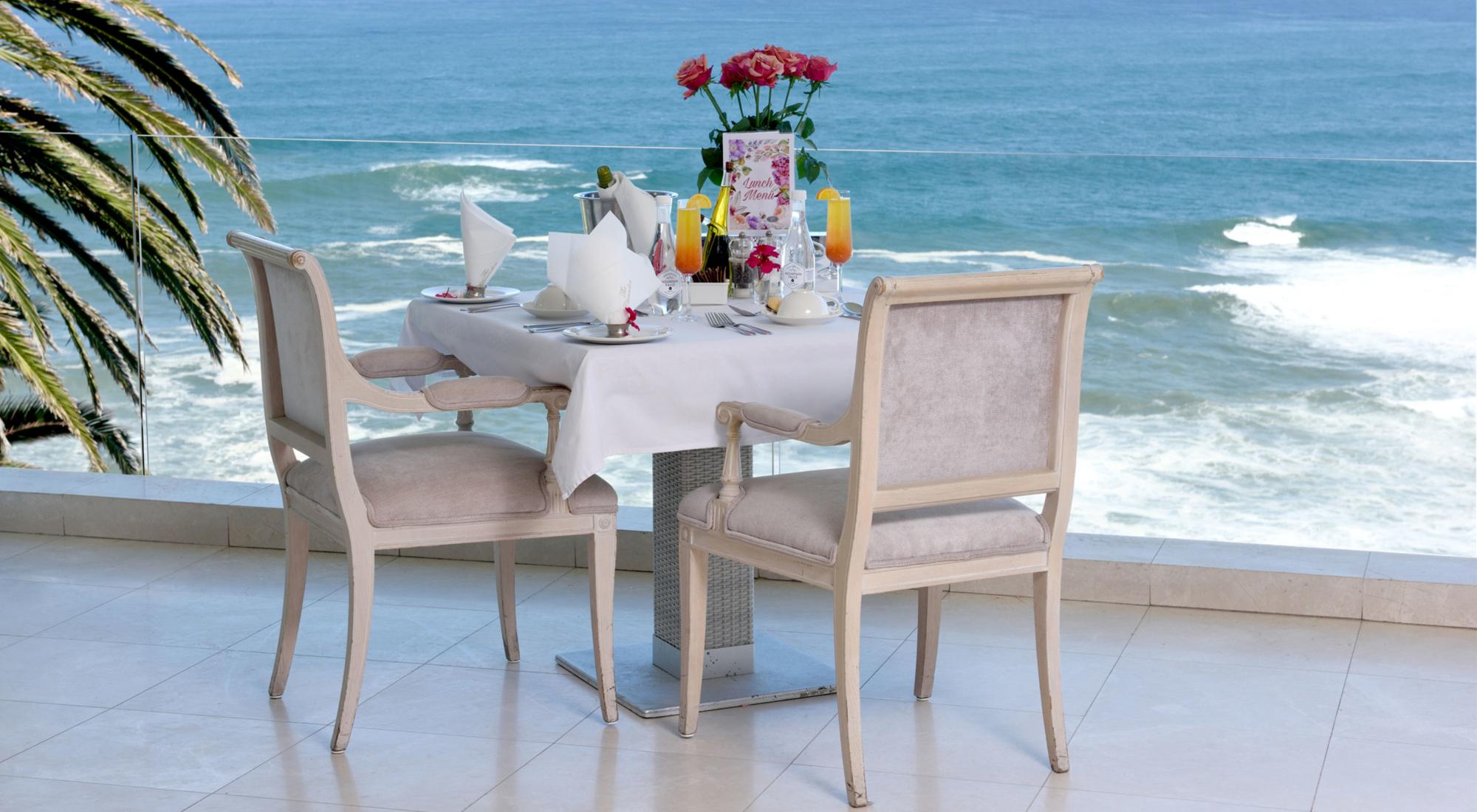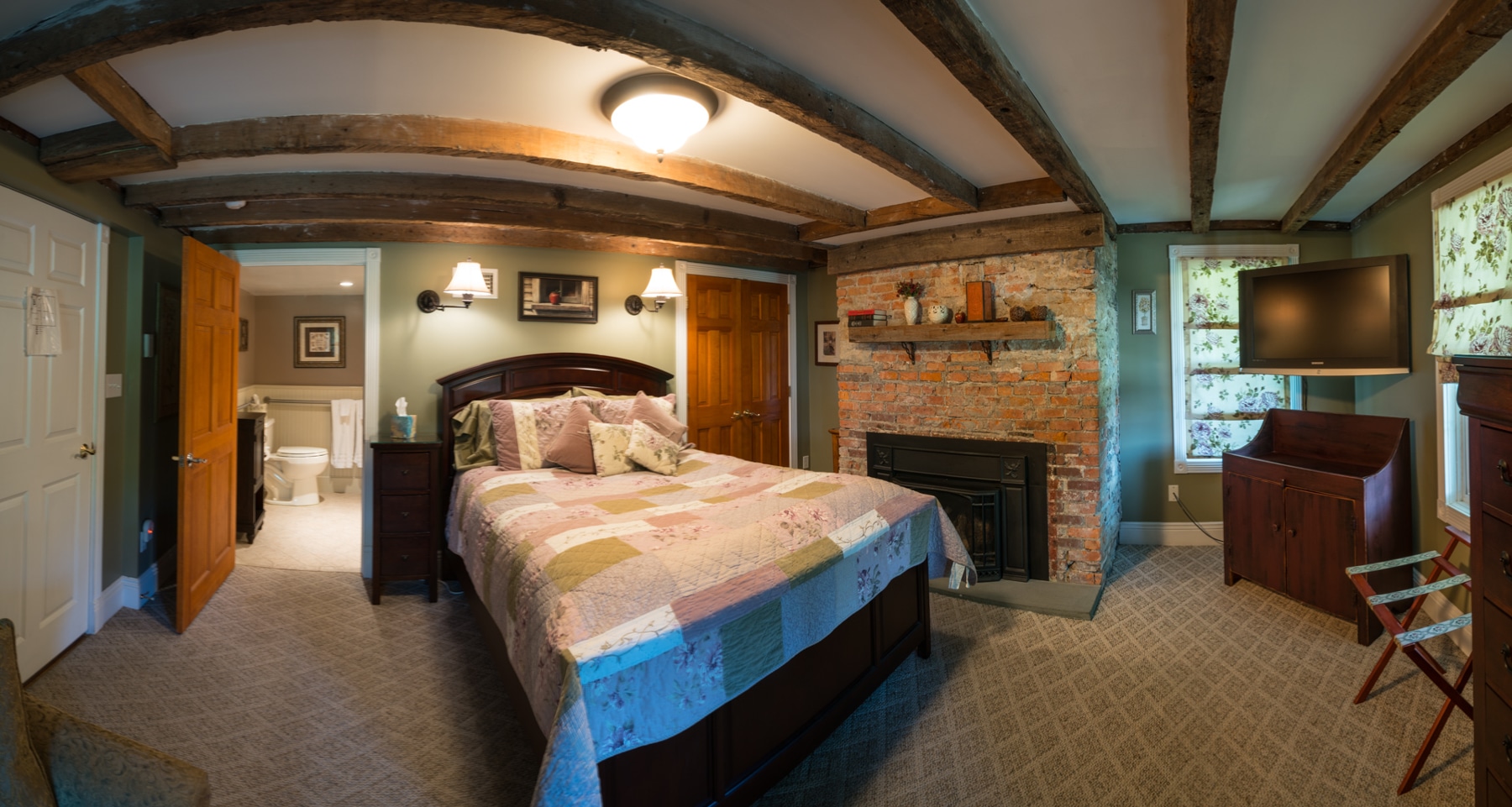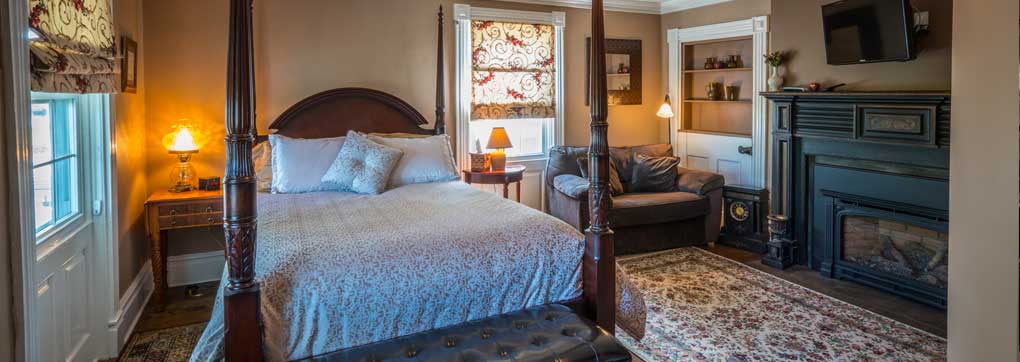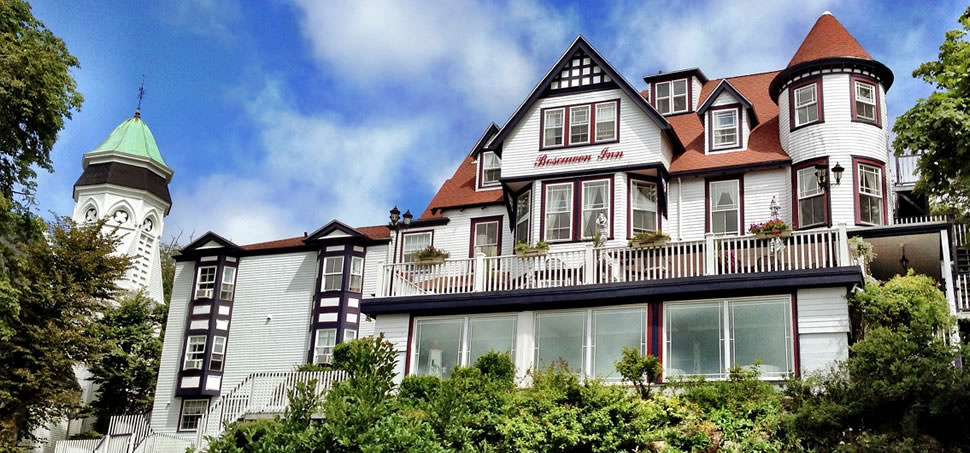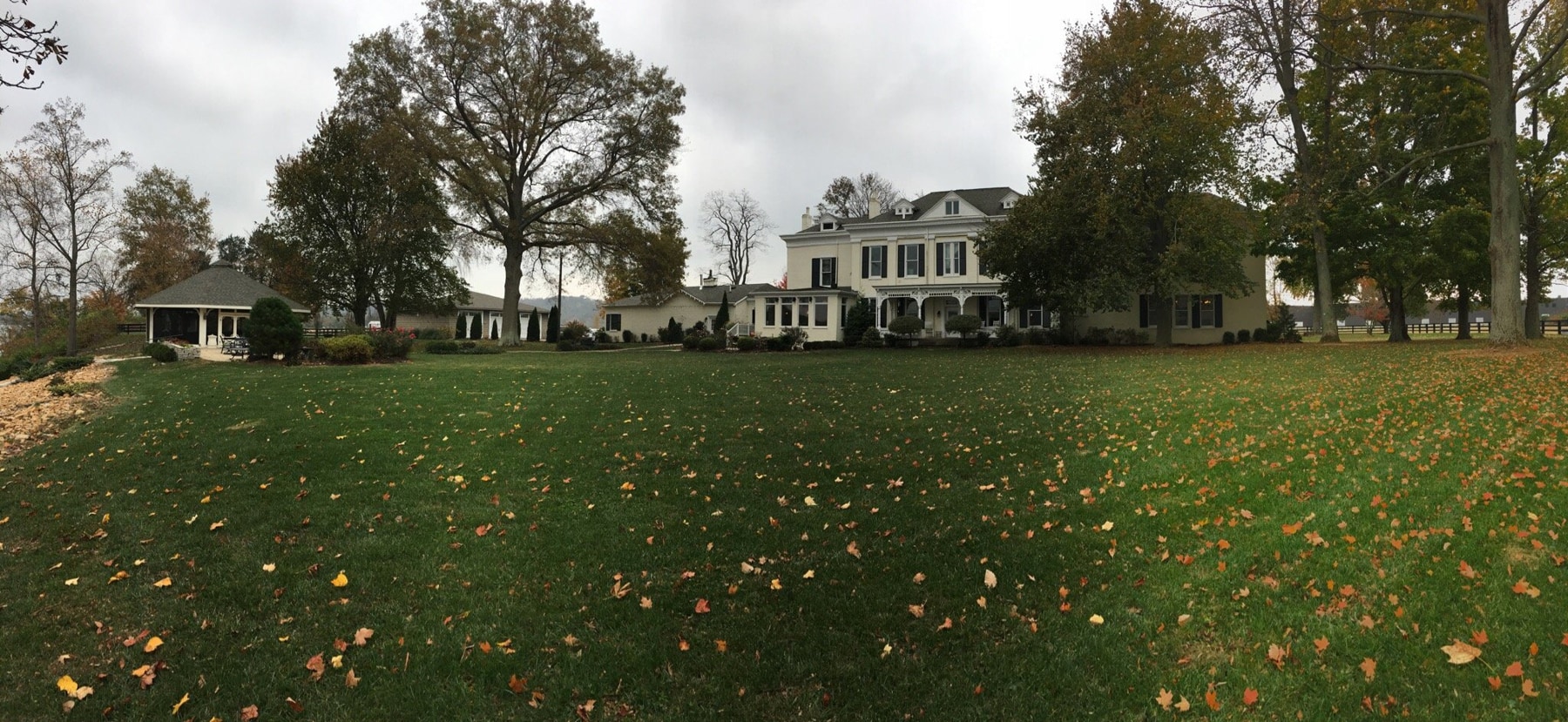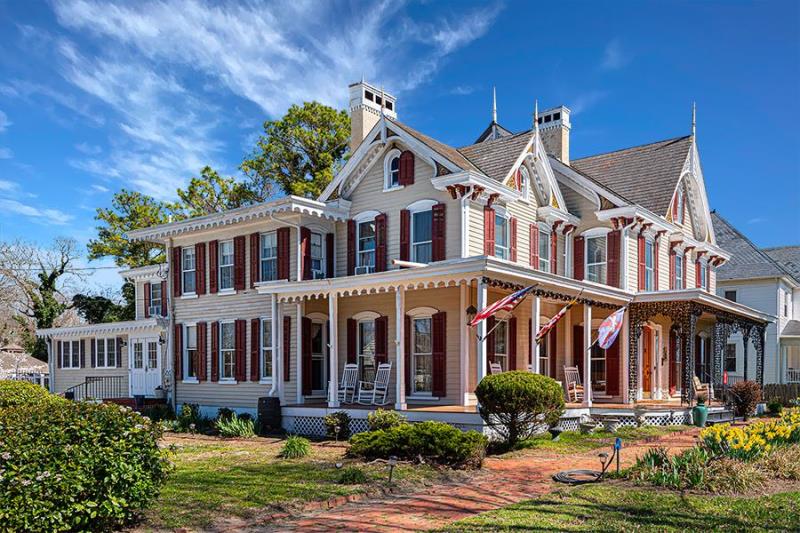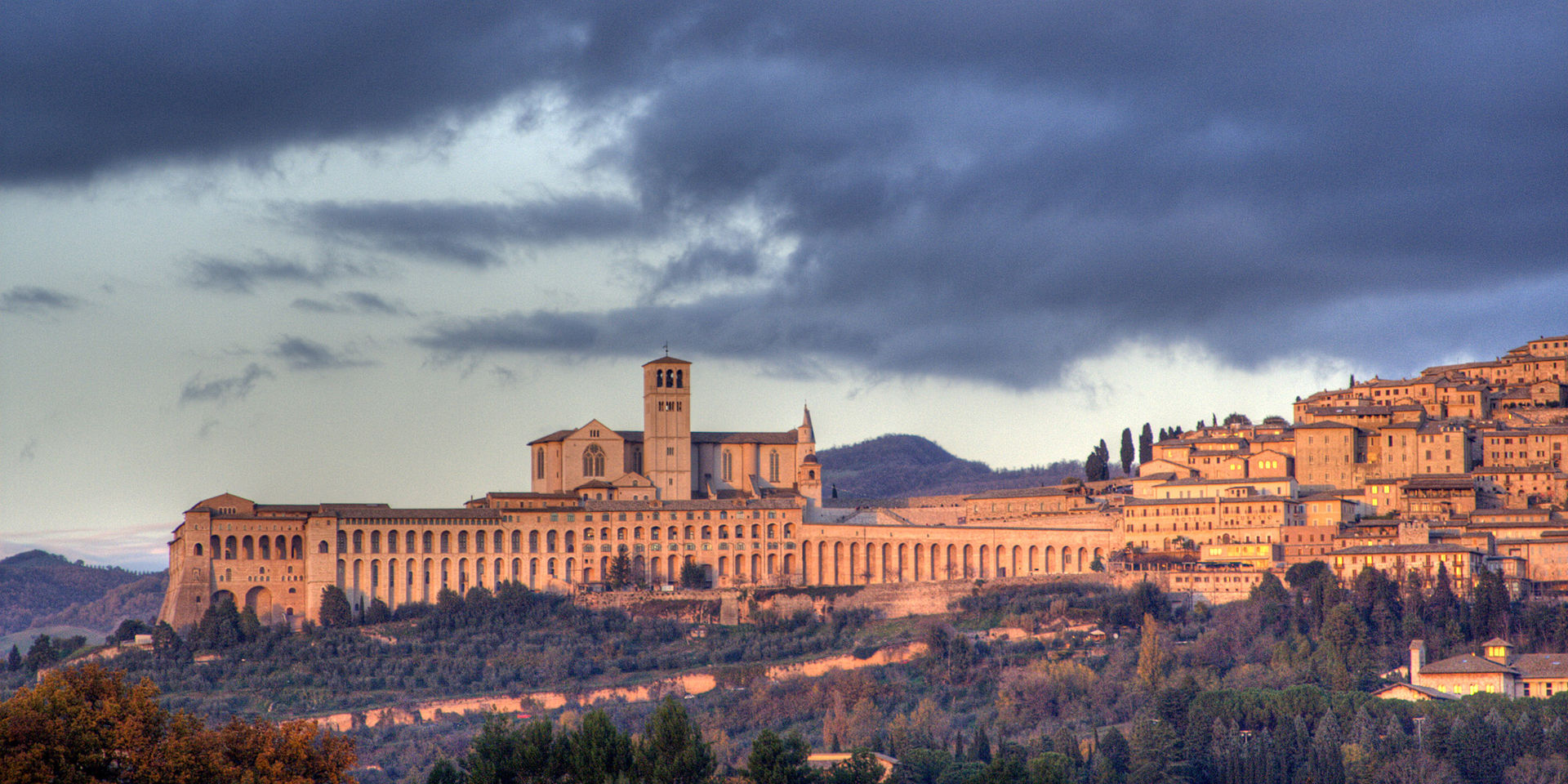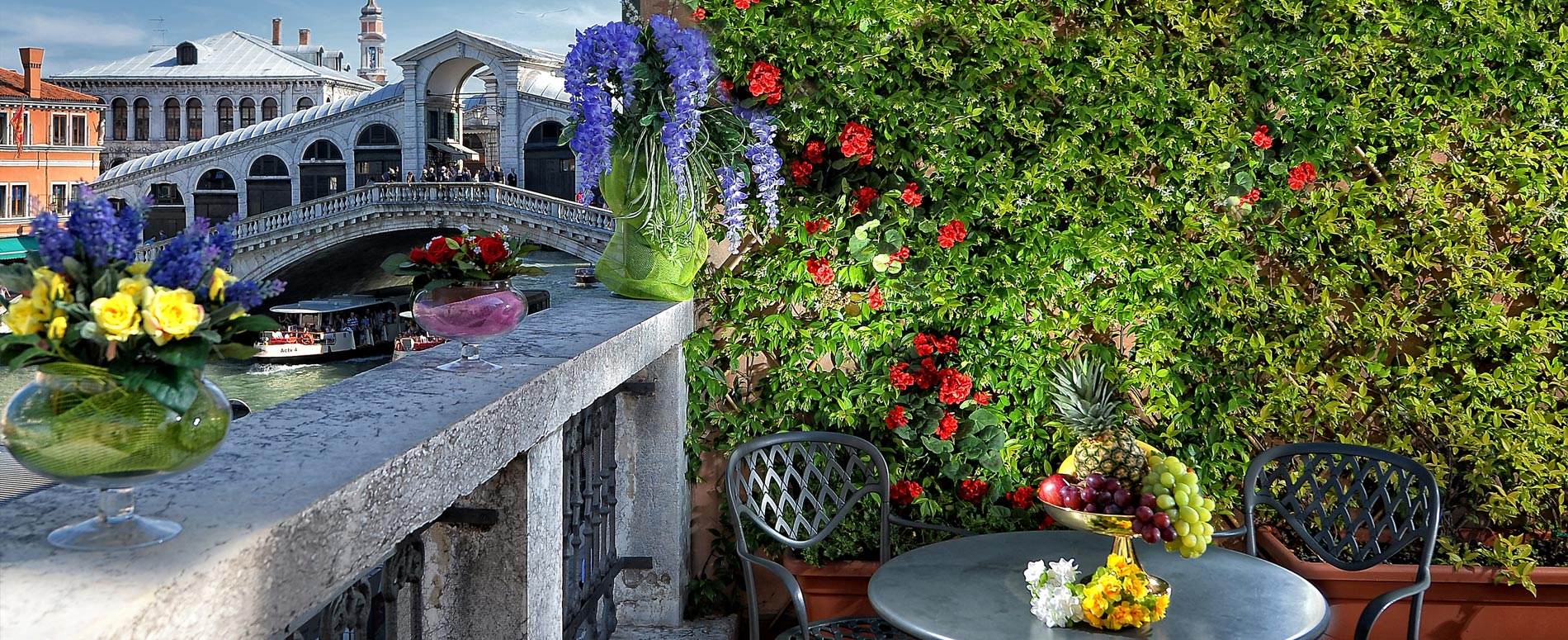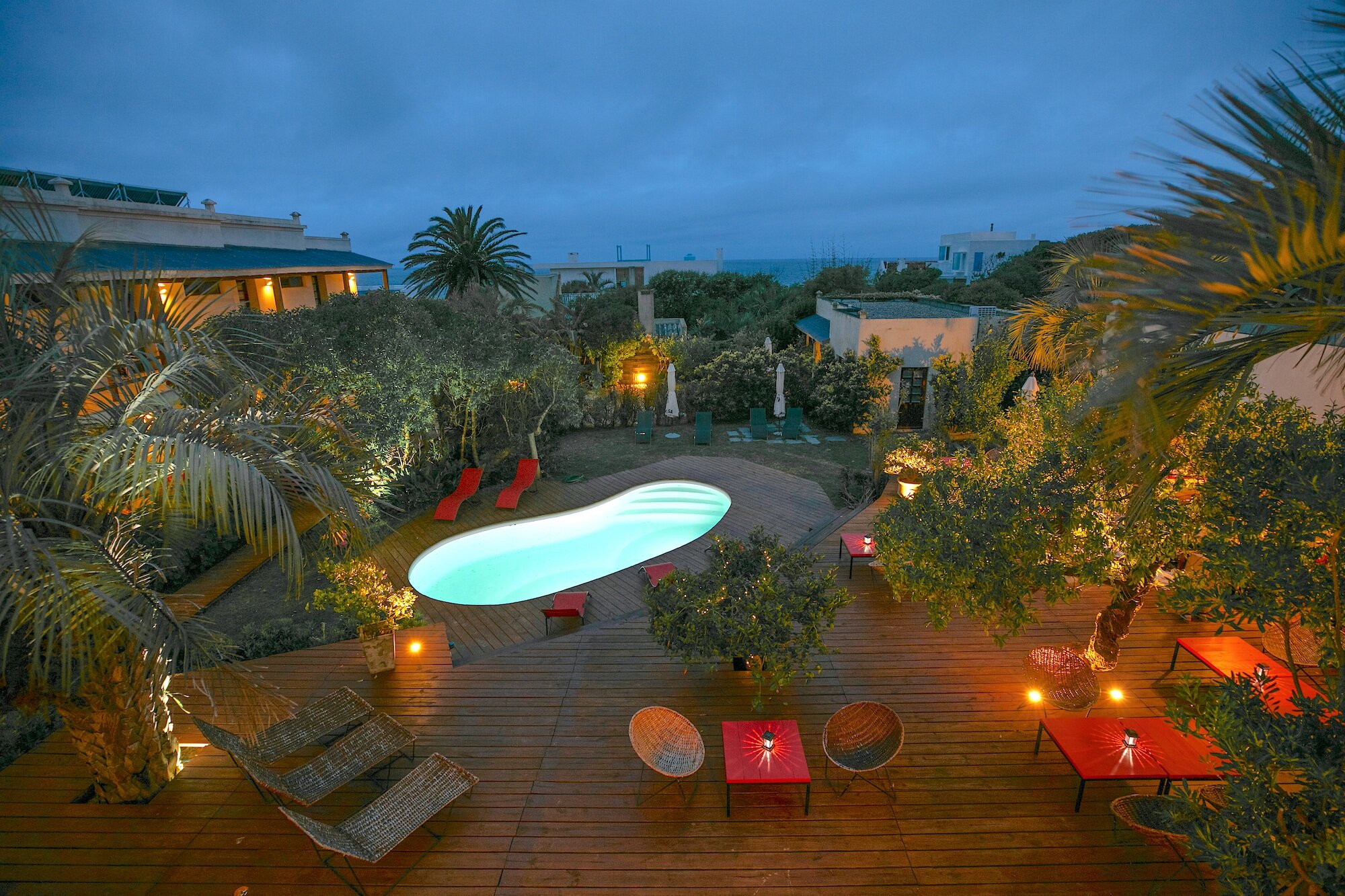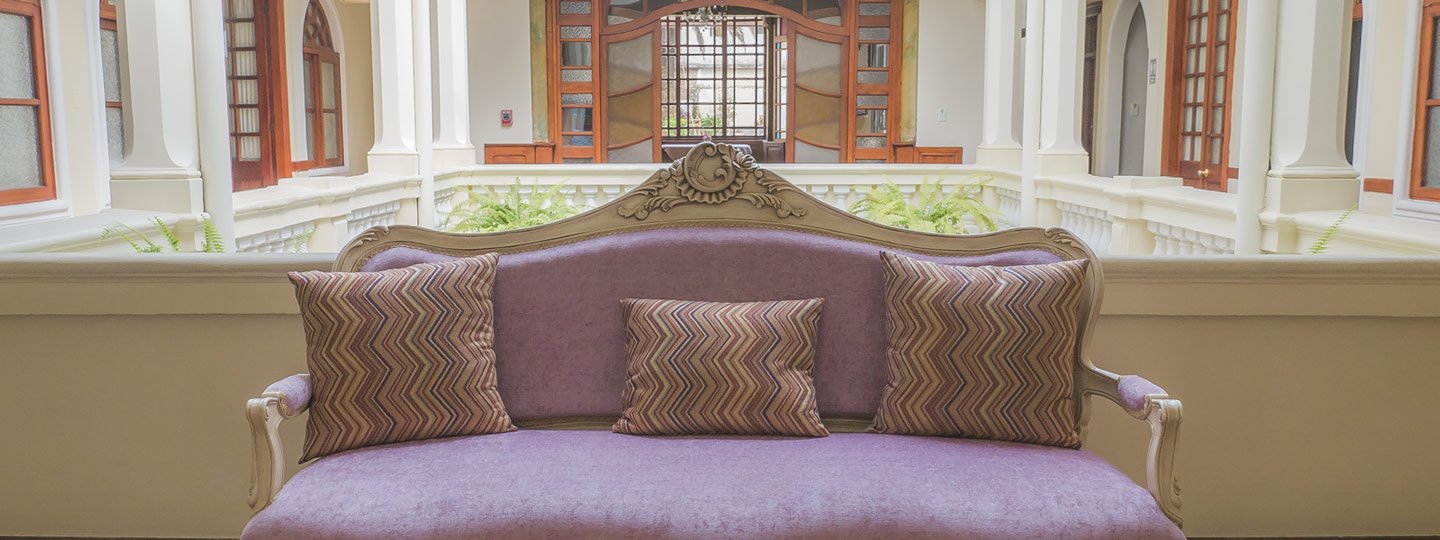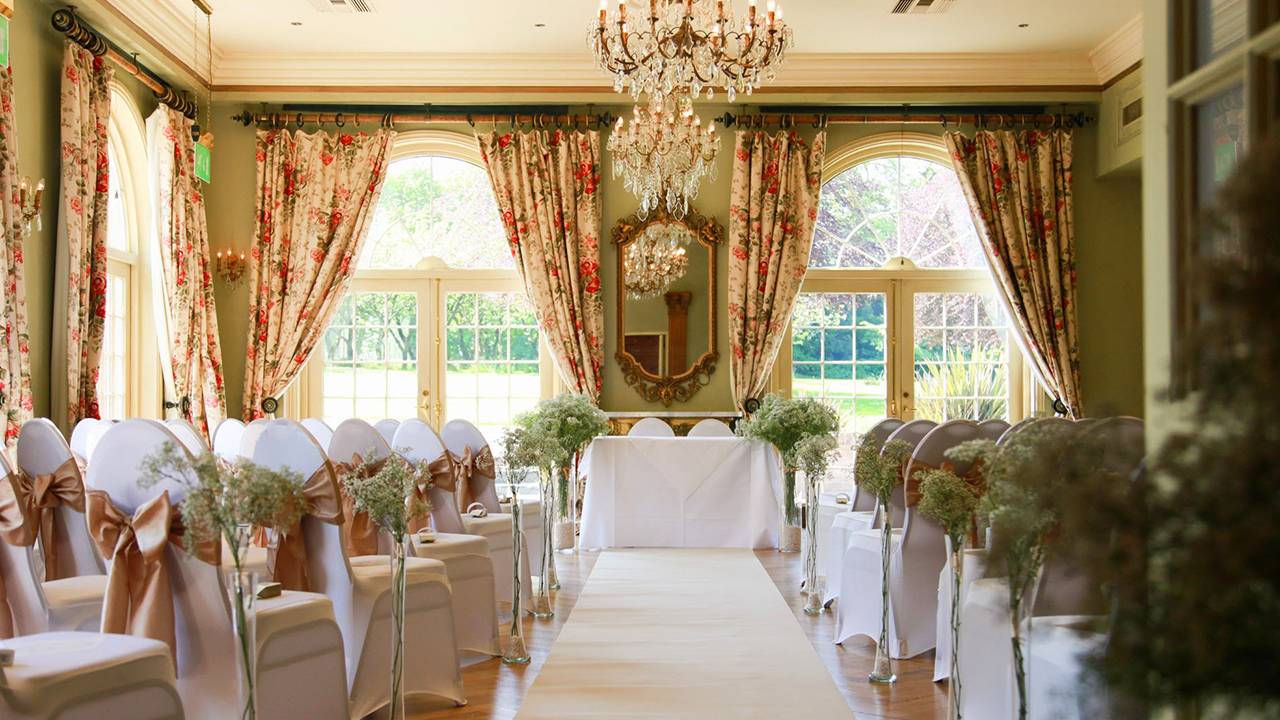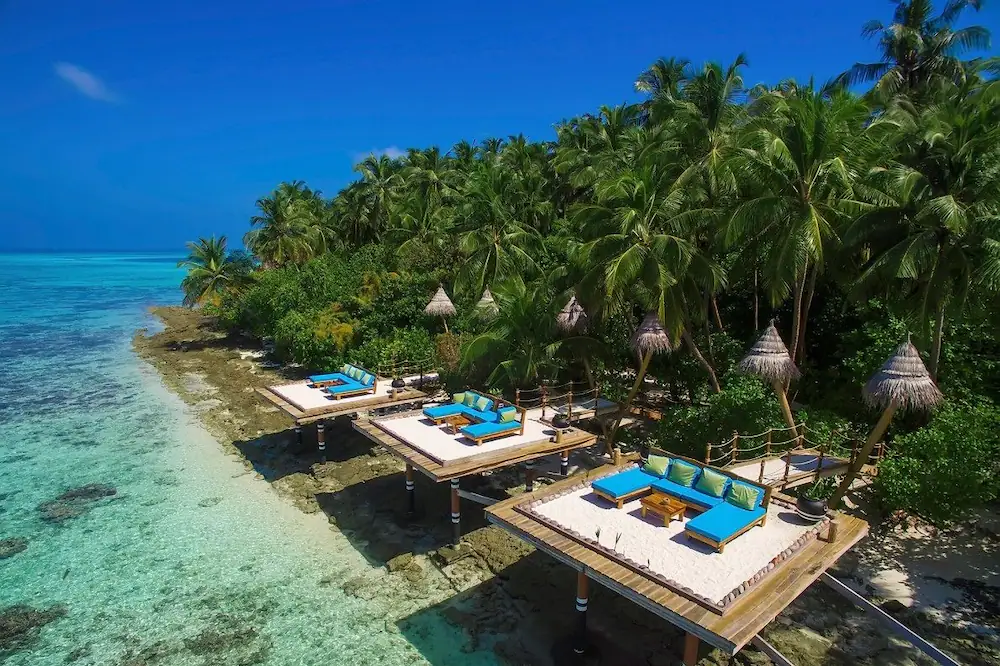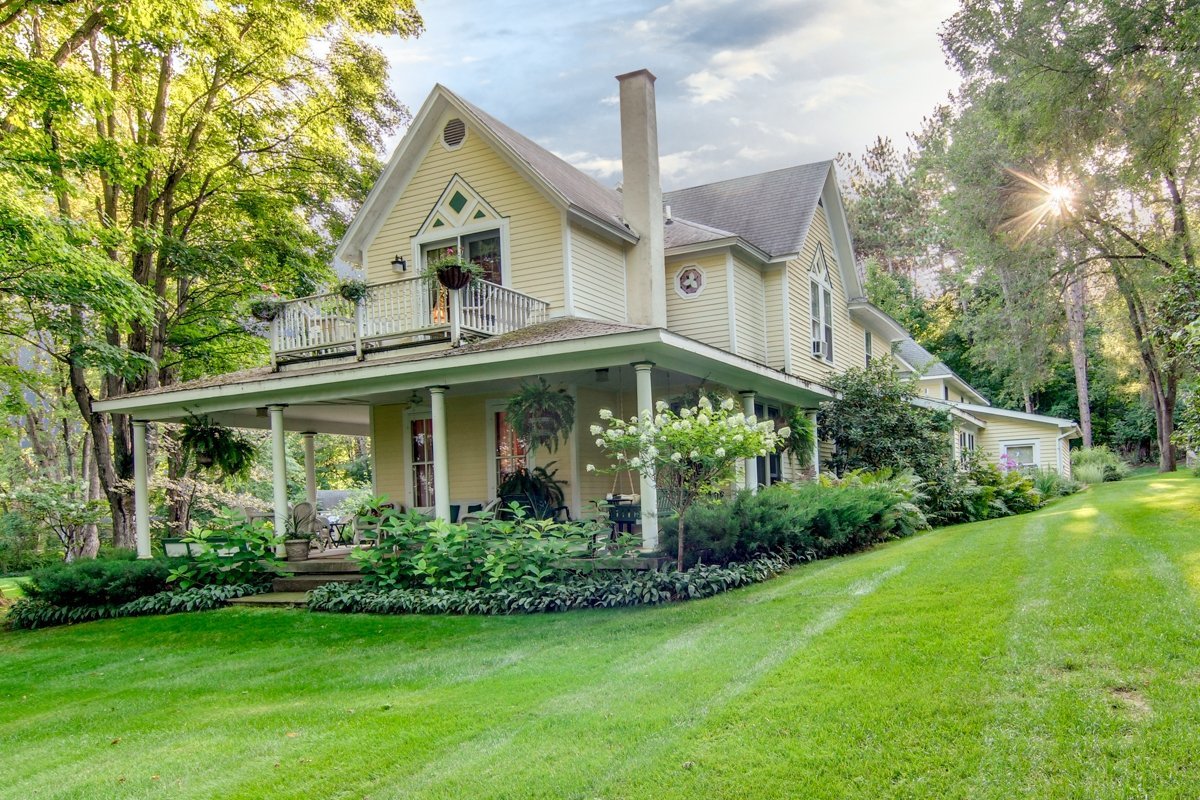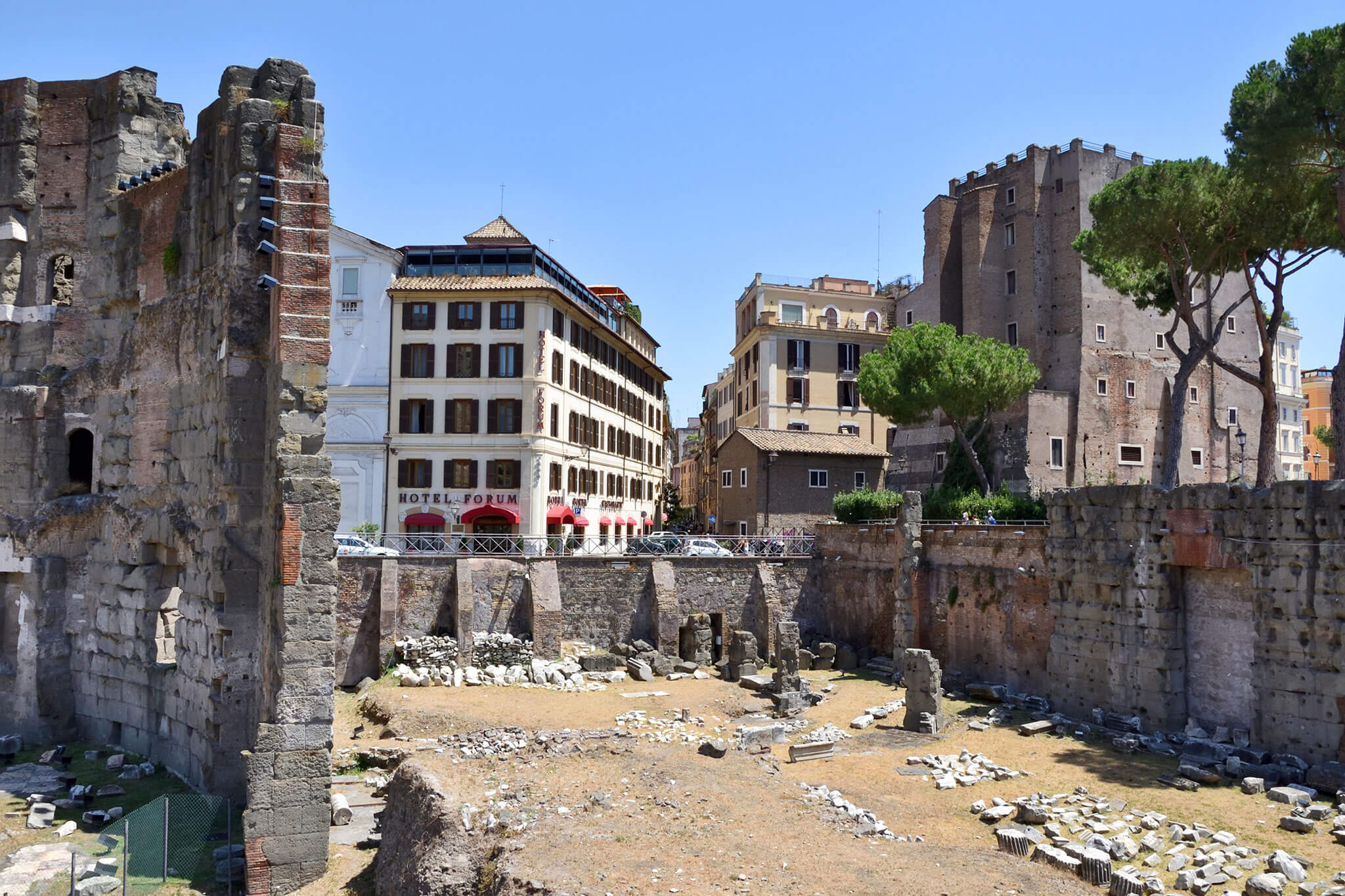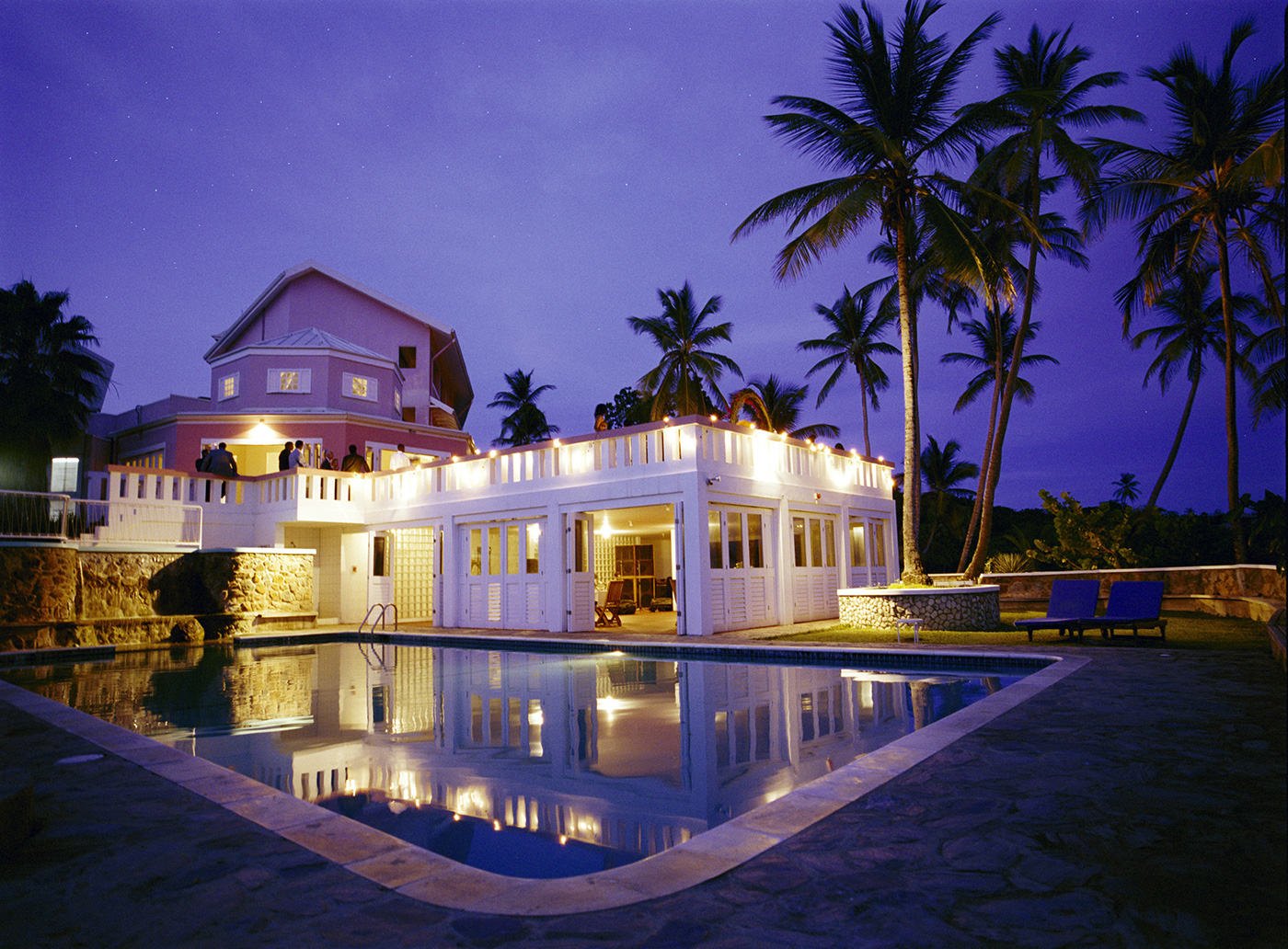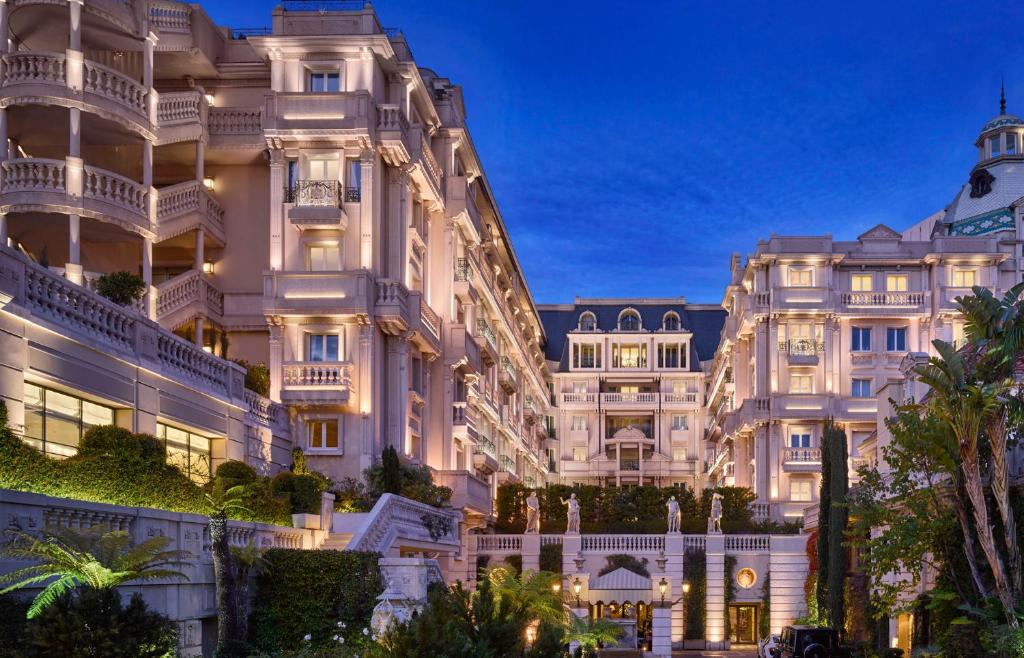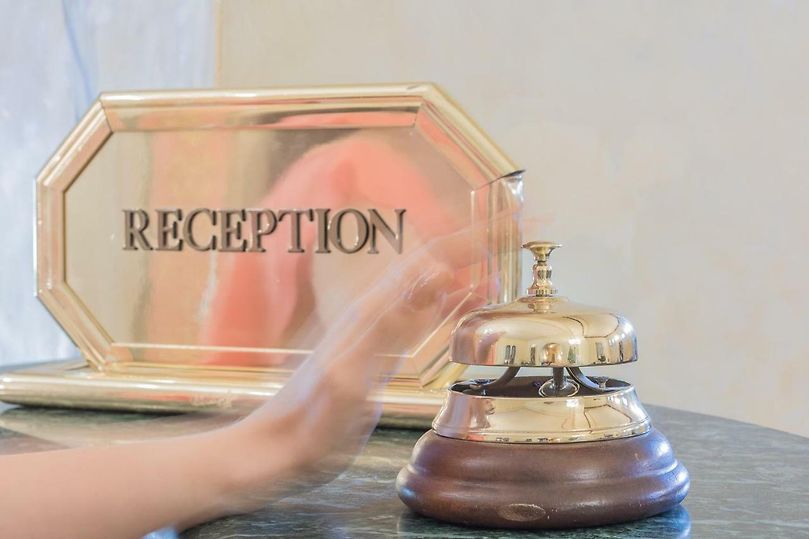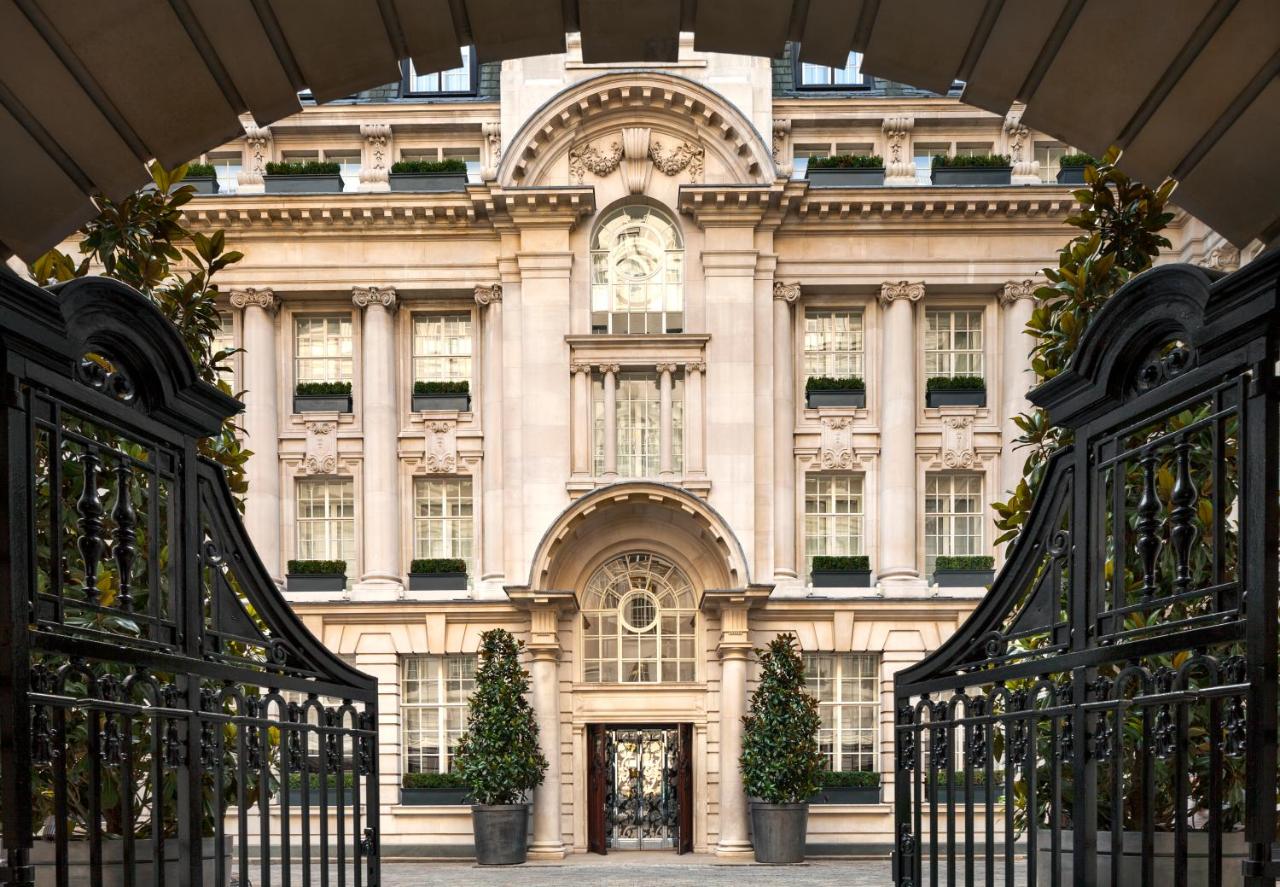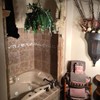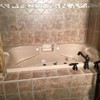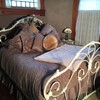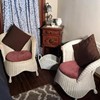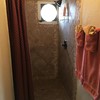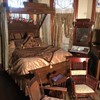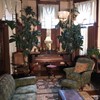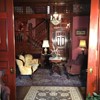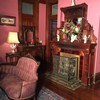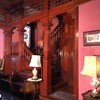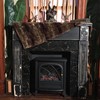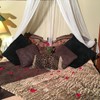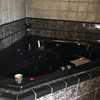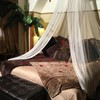Hot Springs is a resort city in the state of Arkansas and the county seat of Garland County. The city is located in the Ouachita Mountains among the U.S. Interior Highlands, and is set among several natural hot springs for which the city is named. As of the 2010 United States Census, the city had a population of 35,193.[3] In 2019 the estimated population was 38,797.[4]
The center of Hot Springs is the oldest federal reserve in the United States, today preserved as Hot Springs National Park. The hot spring water has been popularly believed for centuries to possess healing properties, and was a subject of legend among several Native American tribes. Following federal protection in 1832, the city developed into a successful spa town. Incorporated January 10, 1851, the city has been home to Major League Baseball spring training, illegal gambling, speakeasies and gangsters such as Al Capone, horse racing at Oaklawn Park, the Army and Navy Hospital, and 42nd President Bill Clinton. One of the largest Pentecostal denominations in the United States, the Assemblies of God, traces its beginnings to Hot Springs.
Today, much of Hot Springs's history is preserved by various government entities. Hot Springs National Park is maintained by the National Park Service, including Bathhouse Row, which preserves the eight historic bathhouse buildings and gardens along Central Avenue. Downtown Hot Springs is preserved as the Central Avenue Historic District, listed on the National Register of Historic Places. The city also contains dozens of historic hotels and motor courts, built during the Great Depression in the Art Deco style. Due to the popularity of the thermal waters, Hot Springs benefited from rapid growth during a period when many cities saw a sharp decline in building; much like Miami's art deco districts. As a result, Hot Springs's architecture is a key part of the city's blend of cultures, including a reputation as a tourist town and a Southern city. Also a destination for the arts, Hot Springs features the Hot Springs Music Festival, Hot Springs Documentary Film Festival, and the Valley of the Vapors Independent Music Festival annually.
History
Discovery and settlement
Members of many Native American tribes had been gathering in the valley for untold numbers of years to enjoy the healing properties of the thermal springs.
In 1673, Father Marquette and Jolliet explored the area and claimed it for France. The 1763 Treaty of Paris ceded the land to Spain; however, in 1800 control was returned to France until the Louisiana Purchase of 1803.
In December 1804, Dr. George Hunter and William Dunbar made an expedition to the springs, finding a lone log cabin and a few rudimentary shelters used by people visiting the springs for their healing properties. In 1807, a man named Prudhomme became the first settler of modern Hot Springs, and he was soon joined by John Perciful and Isaac Cates.
On August 24, 1818, the Quapaw Native Americans ceded the land around the hot springs to the United States in a treaty. After Arkansas became its own territory in 1819, the Arkansas Territorial Legislature requested in 1820 that the springs and adjoining mountains be set aside as a federal reservation. Twelve years later, in 1832, the Hot Springs Reservation was created by the United States Congress, granting federal protection of the thermal waters. The reservation was renamed Hot Springs National Park in 1921.
Civil War
The outbreak of the American Civil War left Hot Springs with a declining bathing population. After the Confederate forces suffered defeat in the Battle of Pea Ridge in March 1862, the Union troops advanced toward the Confederate city of Little Rock. Confederate Governor Henry M. Rector moved his staff and state records to Hot Springs. Union forces did not attack Little Rock, and the government returned to the capital city on July 14, 1862.
Many residents of Hot Springs fled to Texas or Louisiana and remained there until the end of the war. In September 1863, Union forces occupied Little Rock. During this period, Hot Springs became the prey of guerrilla bands loosely associated with either Union or Confederate forces. They pillaged and burned the near-deserted town, leaving only a few buildings standing at the end of the Civil War.
Rebuilding
After the Civil War, extensive rebuilding of bathhouses and hotels took place at Hot Springs. The year-round population soared to 1,200 inhabitants by 1870. By 1873 six bathhouses and 24 hotels and boardinghouses stood near the springs. In 1874, Joseph Reynolds announced his decision to construct a narrow-gauge railroad from Malvern to Hot Springs; completion in 1875 resulted in the growth of visitation to the springs. Samuel W. Fordyce and two other entrepreneurs financed the construction of the first luxury hotel in the area, the first Arlington Hotel, which opened in 1875.
During the Reconstruction Era, several conflicting land claims reached the U.S. Congress and resulted on April 24, 1876, Supreme Court ruling that the land title of Hot Springs belonged to the federal government. Protests ensued. To deal with the situation, Congress formed the Hot Springs Commission to lay out streets in the town of Hot Springs, deal with land claims, define property lines, condemn buildings illegally on the permanent reservation (now the national park), and define a process for claimants to purchase land. The commission surveyed and set aside 264.93 acres (1.0721 km2) encompassing the hot springs and Hot Springs Mountain to be a permanent government reservation. Another 1,200 acres (4.9 km2) became the Hot Springs townsite, with 700 acres (2.8 km2) awarded to claimants. The townsite consisted of 196 blocks and 50 miles (80 km) of streets and alleys. The remaining portion of the original four sections of government land consisted of hills and mountains which were mostly unoccupied, and Congress acted on the commission's recommendation in June 1880 by adding those lands to the permanent reservation.
Baseball in Hot Springs
Hot Springs has a rich baseball history. During the early 20th century, Hot Springs was known for baseball training camps. Often called the "birthplace" of Spring Training baseball, Hot Springs first welcomed Major League Baseball in 1886, when the Chicago White Stockings (now the Chicago Cubs), brought their coaches and players to the city in preparation for the upcoming season. Chicago White Stockings' President Albert Spalding, the founder of A.G Spalding, and player/manager Cap Anson introduced the concept of players having training and fitness before the start of the regular season, This move gave credit to Hot Springs being called the "birthplace of spring training baseball". Both Spalding and Anson, liked the city and the natural springs for their players. They first played in an area behind what is now the Garland County Courthouse on Ouachita Avenue at was called the Hot Springs Baseball Grounds. Many other teams followed Chicago and soon began training in Hot Springs.
Needing additional venues for teams to play, Whittington Park was built in 1894, followed by Majestic Park (1908) and Fogel Field (1912). 134 members of the Baseball Hall of Fame are documented to have trained or played, in Hot Springs. The Cleveland Spiders, Pittsburgh Pirates, Brooklyn Dodgers, Chicago Cubs, Cincinnati Reds, Detroit Tigers, New York Yankees, St. Louis Cardinals and Boston Red Sox were among the teams that made Hot Springs their home base.
Negro league baseball teams also utilized Hot Springs for Spring Training. The Pittsburgh Crawfords utilized Fogel Field for spring training from 1932 to 1935. Their roster contained Baseball Hall of Fame Inductees Cool Papa Bell, Josh Gibson, Oscar Charleston and Judy Johnson. The Homestead Grays, held spring training at Fogel Field in 1930 and 1931. On their roster were numerous Hall of Fame players: Cool Papa Bell, Josh Gibson, Oscar Charleston, Jud Wilson, Bill Foster, Judy Johnson, Smokey Joe Williams, Willie Wells and Cum Posey.
St. Patrick's Day, 1918, is nicknamed the "Day that changed Baseball Forever."Boston Red Sox' pitcher Babe Ruth hit a long Home Run into the Arkansas Alligator Farm and Petting Zoo that altered the course of baseball history. In the opening exhibition game against Brooklyn at Whittington Park, Ruth (coming off a 24–13 season) was a last minute replacement at first base, his first time at a position other than pitcher. Ruth hit two long home runs that day while playing the field for the first time. His first home run was a long blast that landed in a wood pile. However, his second Home run is legendary in its record setting length and eventual effect on Ruth. It was a shot that traveled an astonishing estimated 573 feet.
After that day Ruth became a hitter, switching from being just a pitcher. In Hot Springs, Ruth could be seen walking the streets, visiting the bath spas, and gambling at the nearby horse track. There is a Ruth plaque both inside and outside the Alligator Farm, as well as a home plate marker at the former Whittington Park across the street.
The Pittsburgh Pirates trained for over a decade at Whittington Park. Hall of Fame shortstop Honus Wagner became a fixture in the city. As evidence of this Wagner purchased and donated basketball uniforms and equipment to Hot Springs High School in 1912. The uniforms were in the Pittsburgh Pirates colors of black and gold and subsequently the high school switched permanently to those colors. Wagner also refereed a basketball game for the school that season, something he would later repeat.
In 1952, an 18-year old Hank Aaron played in the Negro American League championship for the Indianapolis Clowns against the Birmingham Black Barons at Jaycee Park.
On October 22, 1953, Jackie Robinson played in an exhibition game at Jaycee Park. Having broken Major League Baseball's color barrier in 1947, Robinson's squad played the Negro American League All-Stars that day, losing 14–9.
The First Boys of Spring is a 2015 documentary on the history of Hot Springs Baseball Spring Training. The film features many Hot Springs historical items and references. Produced by Arkansas filmmaker Larry Foley, it is narrated by Hot Springs area native, actor Billy Bob Thornton. The Foley documentary is aired nationally on the MLB Network, first airing in February, 2016.
Today, as part of the Hot Springs Baseball Historic Trail, there are 26 green plaques/markers posted throughout Hot Springs that identify the key people and locations, with an app available to provide live information.
1913 fire
On September 5, 1913, a fire broke out on Church Street a few blocks southeast of Bathhouse Row, near the Army and Navy Hospital. The fire burned southeast, away from the hospital, until the wind reversed an hour later. Racing toward the business section, it destroyed the Ozark Sanitarium and Hot Springs High School on its way across Malvern Avenue. Along the way it consumed the Public Utilities plant, which destroyed the firefighters' water supply. A wide front then was blown toward Ouachita Avenue which destroyed the Garland County Court House. The Hot Springs Fire Department fought alongside the Little Rock Fire Department, which had rushed over on a special train. Despite their efforts, numerous homes, at least a hundred businesses, four hotels, the Iron Mountain Railroad facilities, and the Crystal Theater were destroyed. A rainstorm finally quenched the blaze at Hazel Street. Although Central Avenue was ultimately protected (primarily by desperate use of dynamite), much of the southern part of the city was destroyed. Damage was estimated at $10,000,000 across 60 blocks.
Formation of the Assemblies of God
From April 2–12, 1914 several Pentecostal Christian leaders gathered in Hot Springs to form what became known as the Assemblies of God. It has since grown to become one of the largest Pentecostal denominations in the United States, with 3,146,741 adherents, 12,849 churches, and 36,884 ministers (as of 2014).
Illegal gambling became firmly established in Hot Springs during the decades following the Civil War, with two factions, the Flynns and the Dorans, fighting one another throughout the 1880s for control of the town. Frank Flynn, leader of the Flynn Faction, had effectively begun paying local law enforcement officers employed by both the Hot Springs Police Department and the Garland County Sheriff's Office to collect unpaid debts, as well as to intimidate gambling rivals. This contributed to the March 16, 1899, Hot Springs Gunfight. Of the seven Hot Springs police officers who have been killed while in service of the department, three died during that gunfight, killed by deputies of the Garland County Sheriff's Office. One part-time deputy sheriff was killed also, by the Hot Springs officers.
Along with Bathhouse Row, one of downtown Hot Springs' most noted landmarks is the Arlington Hotel, a favored retreat for Al Capone.
Hot Springs eventually became a national gambling mecca, led by Owney Madden and his Hotel Arkansas casino. The period 1927–1947 was its wagering pinnacle, with no fewer than ten major casinos and numerous smaller houses running wide open, the largest such operation in the United States at the time. Hotels advertised the availability of prostitutes, and off-track booking was available for virtually any horse race in North America.
Local law enforcement was controlled by a political machine run by long-serving mayor Leo P. McLaughlin. The McLaughlin organization purchased hundreds of poll tax receipts, many in the names of deceased or fictitious persons, which would sometimes be voted in different precincts. A former sheriff, who attempted to have the state's anti-gambling laws enforced and to secure honest elections, was murdered in 1937. No one was ever charged with his killing. Machine domination of city and county government was abruptly ended in 1946 with the election of a "Government Improvement" slate of returning World War II veterans led by Marine Lt. Col. Sid McMath, who was elected prosecuting attorney. A 1947 grand jury indicted several owners and promoters, as well as McLaughlin, for public servant bribery. Although the former mayor and most of the others were acquitted, the machine's power was broken and gambling came to a halt, as McMath led a statewide "GI Revolt" into the governor's office in 1948. Illegal casino gambling resumed, however, with the election of Orval Faubus as governor in 1954. Buoyed into 12 years in office by his popular defiance of federal court desegregation orders, Faubus turned a blind eye to gambling in Hot Springs. Variety explained the status of the casinos in 1959 as follows: "How do these places operate when gambling and mixed drinks are supposedly against the law? Simple. Every week the management appears in local court, pays its fine according to the amount of biz [business] done and goes back to open up."
Gambling was finally closed down permanently in 1967 by two Republican officeholders, Governor Winthrop Rockefeller and Circuit Judge Henry M. Britt. Rockefeller sent in a company of state troopers to shutter the casinos and burn their gaming equipment. Until other forms of gambling became legal in Arkansas four decades later,[39] Oaklawn Park, a thoroughbred horse racing track south of downtown, was the only legal gambling establishment in Hot Springs and one of only two in the state of Arkansas; the other was the Southland Greyhound Park dog track in West Memphis. Both Oaklawn and Southland remain in operation.
Army-Navy Hospital
After World War I, Congress granted $1.5 million to build a new facility. Built under Captain Edward George, it could hold 500 patients and contained such cutting-edge technology as an X-ray wing and temperature-controlled morgue. The operating rooms and equipment was thought to be the finest in the country.After the Civil War, the idea of establishing an Army-Navy hospital in Hot Springs was advocated by A.S. Garnett, a former Navy surgeon with a local practice, and John A. Logan, a retired Union general turned politician who was a former patient of Garnett's. In 1884, Logan persuaded Congress to allocate $100,000 for the purpose. Erected under the supervision of Captain J.W. Jacobs, the 100-bed hospital was built of wood and brick in the "pavilion style" that required patients and clinicians to traverse long distances.
Yet after the United States entered World War II, the hospital was once again overwhelmed. The Army and Navy arranged to send some overflow to the nearby Arlington and Majestic hotels. The hospital also trained dentists, surgeons, and pharmacists, and housed the first enlisted medical technician school for the Women's Army Corps.The grounds contained a kitchen, living quarters for nurses and physicians. Among the famous people treated at the hospital were Helen Keller and Joe DiMaggio. The hospital was closed on April 1, 1960, likely because local demand dropped. The grounds were sold to the state of Arkansas for one dollar.
World War II
The military took over the enormous Eastman Hotel across the street from the Army and Navy Hospital in 1942 because the hospital was not nearly large enough to hold the sick and wounded coming in. In 1944, the Army began redeploying returning overseas soldiers; officials inspected hotels in 20 cities before selecting Hot Springs as a redistribution center for returning soldiers. In August 1944 the Army took over most of the hotels in Hot Springs. The soldiers from the west-central states received a 21-day furlough before reporting to the redistribution station. They spent 14 days updating their military records and obtaining physical and dental treatment. The soldiers had time to enjoy the baths at a reduced rate and other recreational activities. The redistribution center closed down in December 1945 after processing more than 32,000 members of the military. In 1946, after the war, the Eastman was demolished when the federal government no longer needed it.
21st century
In 2013, the metro was ranked by Forbes as one of the top "small places for business and careers", citing a low cost of doing business, high job growth and an educated workforce. The first cannabis dispensary in the state opened in May 2019 in the city.
Geography
Hot Springs is located in southeastern Garland County at 34°29′50″N 93°03′19″W. It sits at the southeastern edge of the Ouachita Mountains and is 55 miles (89 km) southwest of Little Rock.
According to the United States Census Bureau, the city of Hot Springs has a total area of 35.1 square miles (91.0 km2), of which 35.0 square miles (90.7 km2) is land and 0.1 square miles (0.3 km2), or 0.35%, is water.
Natural springs
The city takes its name from the natural thermal water that flows from 47 springs on the western slope of Hot Springs Mountain in the historic downtown district of the city. About 1,000,000 US gallons (3.8 ML) of 143 °F (62 °C) water flow from the springs each day.The flow rate is not affected by fluctuations in the rainfall in the area. Studies by National Park Service scientists have determined through radiocarbon dating that the water that reaches the surface in Hot Springs fell as rainfall 4,400 years earlier. The water percolates very slowly down through the earth's surface until it reaches superheated areas deep in the crust and then rushes rapidly to the surface to emerge from the 47 hot springs.
Hot Springs Creek flows from Whittington Avenue, then is underground in a tunnel beneath Bathhouse Row (Central Ave). It emerges from the tunnel south of Bathhouse Row then flows through the southern part of the city before emptying into Lake Hamilton, a reservoir on the Ouachita River.
Climate
Hot Springs lies in the humid subtropical climate zone (Köppen Cfa). The climate in this area is characterized by hot, humid summers and generally mild to cool winters. July is the hottest month of the year, with an average high of 93.1 °F (33.9 °C) and an average low of 72.1 °F (22.3 °C). The city's highest temperature was 115 °F (46.1 °C), recorded in 1936 and 1986. The lowest temperature recorded was −11 °F (−23.9 °C) in 1930.
Precipitation is weakly seasonal, with a bimodal pattern: wet seasons in the spring and fall, and relatively drier summers and winters, but plentiful rain in all months. The spring wet season is more pronounced than fall, with the highest rainfall in May. Hot Springs' precipitation is affected by the orographic effect of the Ouachita Mountains.
William Jefferson Clinton (né Blythe III; born August 19, 1946) is an American politician and attorney who served as the 42nd president of the United States from 1993 to 2001. He previously served as governor of Arkansas from 1979 to 1981 and again from 1983 to 1992, and as attorney general of Arkansas from 1977 to 1979. A member of the Democratic Party, Clinton became known as a New Democrat, as many of his policies reflected a centrist "Third Way" political philosophy. He is the husband of Hillary Clinton, who was a senator from New York from 2001 to 2009, secretary of state from 2009 to 2013 and the Democratic nominee for president in the 2016 presidential election.Clinton was born and raised in Arkansas and attended Georgetown University. He received a Rhodes Scholarship to study at University College, Oxford, and he later graduated from Yale Law School. He met Hillary Rodham at Yale; they married in 1975. After graduating from law school, Clinton returned to Arkansas and won election as state attorney general, followed by two non-consecutive terms as Arkansas governor. As governor, he overhauled the state's education system and served as chairman of the National Governors Association. Clinton was elected president in the 1992 presidential election, defeating incumbent Republican president George Bush and independent businessman Ross Perot. At 46 years old, Clinton became the third-youngest president of the United States.
Clinton presided over the longest period of peacetime economic expansion in American history. He signed into law the North American Free Trade Agreement (NAFTA) and the Violent Crime Control and Law Enforcement Act, but failed to pass his plan for national health care reform. In the 1994 elections, the Republican Party won unified control of Congress for the first time in 40 years. In 1996, however, he was reelected in a landslide. During this time Clinton began an ideological evolution as he became much more conservative in his domestic policy advocating for welfare reform and the State Children's Health Insurance Program, as well as financial deregulation measures. He also appointed Ruth Bader Ginsburg and Stephen Breyer to the U.S. Supreme Court. During the last three years of Clinton's presidency, the Congressional Budget Office reported a budget surplus—the first such surplus since 1969. In foreign policy, Clinton ordered U.S. military intervention in the Bosnian and Kosovo wars, signed the Dayton Peace agreement, signed the Iraq Liberation Act in opposition to Saddam Hussein, participated in the Oslo I Accord and Camp David Summit to advance the Israeli–Palestinian peace process, and assisted the Northern Ireland peace process.
Clinton's second term would be dominated by the Monica Lewinsky scandal which began in 1996, when Clinton began a sexual affair with 22-year-old White House intern Monica Lewinsky. In January 1998, news of the sexual relationship made tabloid headlines. The scandal escalated throughout the year, culminating on December 19 when Clinton was impeached by the House of Representatives, becoming the second U.S. president to be impeached after Andrew Johnson. The two impeachment articles that the house passed were based on Clinton using the powers of the presidency to obstruct the investigation and that Clinton lied under oath. The following year saw the impeachment trial begin in the Senate, but Clinton was acquitted on both charges as the Senate failed to cast 67 votes against him, the conviction threshold.
Clinton left office with the highest end-of-term approval rating of any U.S. president since Franklin D. Roosevelt. His presidency has been ranked among the upper tier in historical rankings of U.S. presidents. However, his personal conduct and allegations of sexual assault against him have made him the subject of substantial scrutiny. Since leaving office, Clinton has been involved in public speaking and humanitarian work. He created the Clinton Foundation to address international causes such as the prevention of HIV/AIDS and global warming. In 2009, he was named the United Nations Special Envoy to Haiti. After the 2010 Haiti earthquake, Clinton and George W. Bush formed the Clinton Bush Haiti Fund. He has remained active in Democratic Party politics, campaigning in his wife's 2008 presidential campaign and 2016 campaign.

